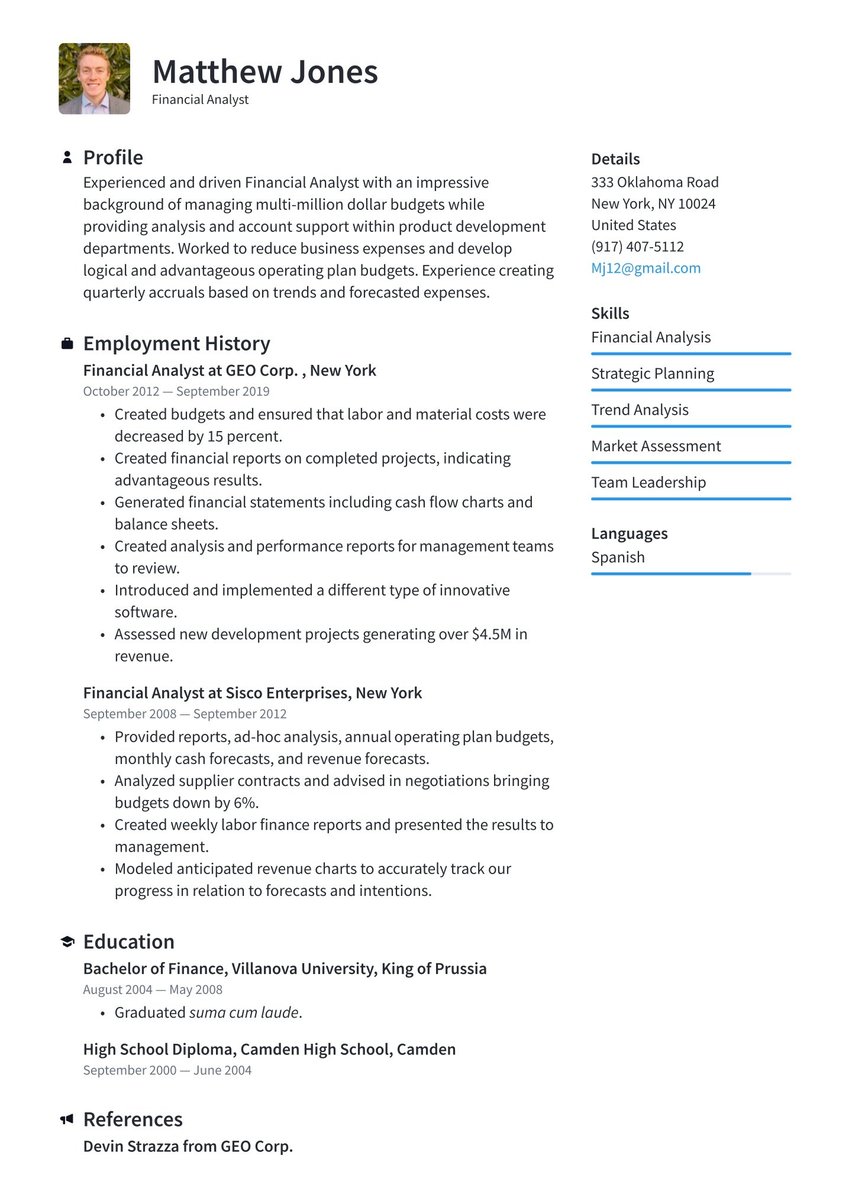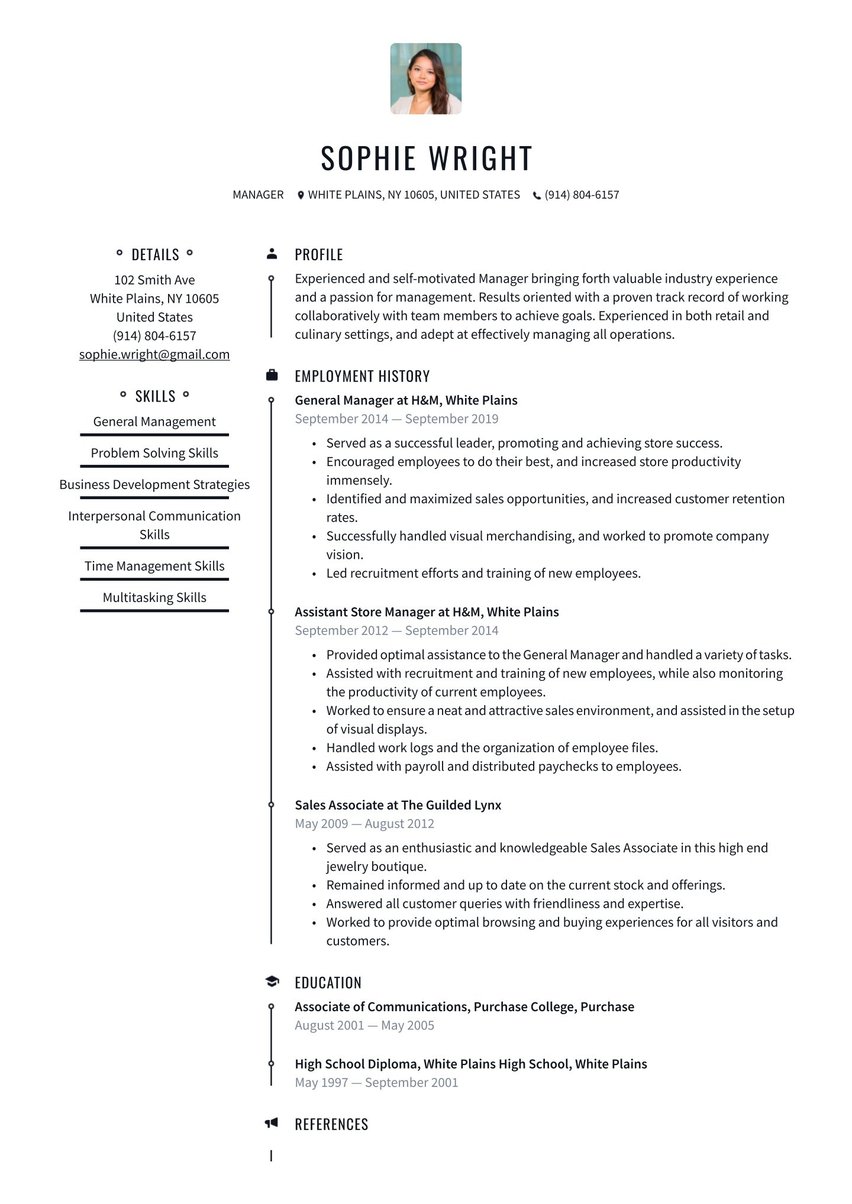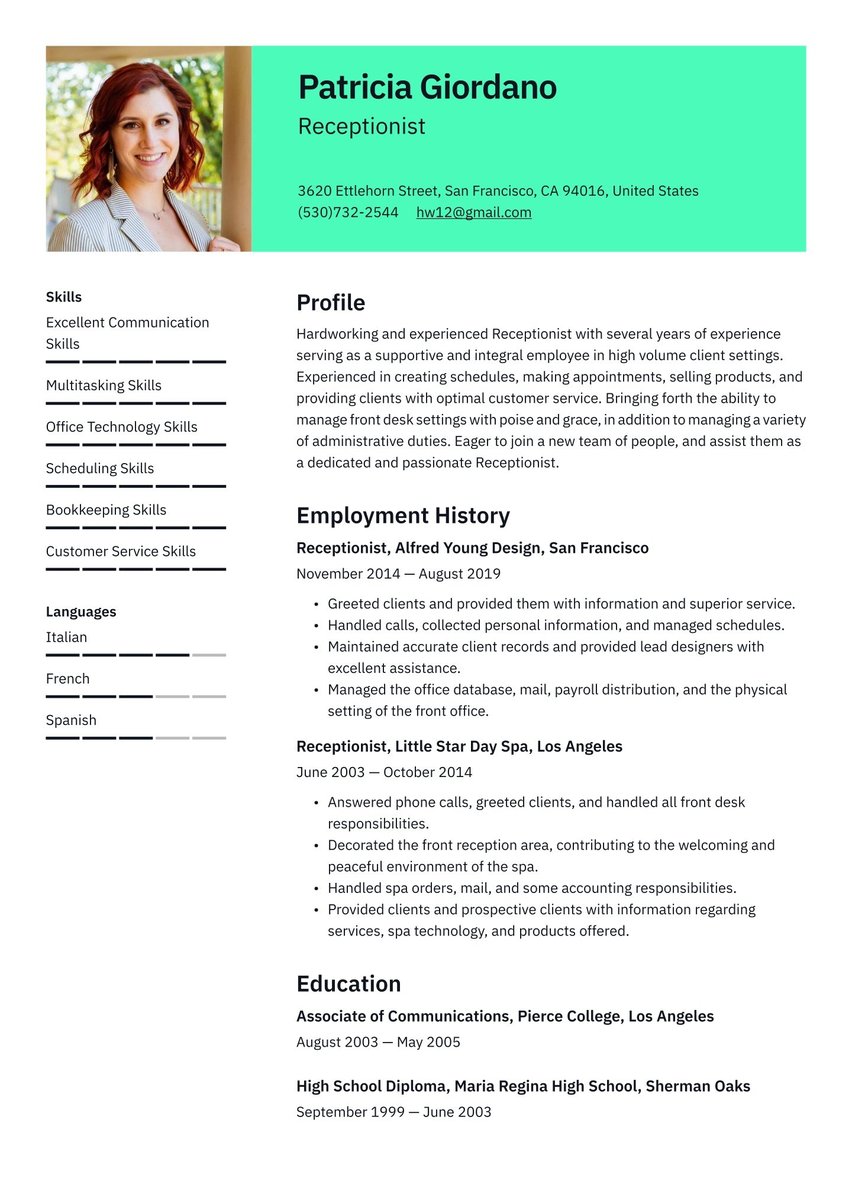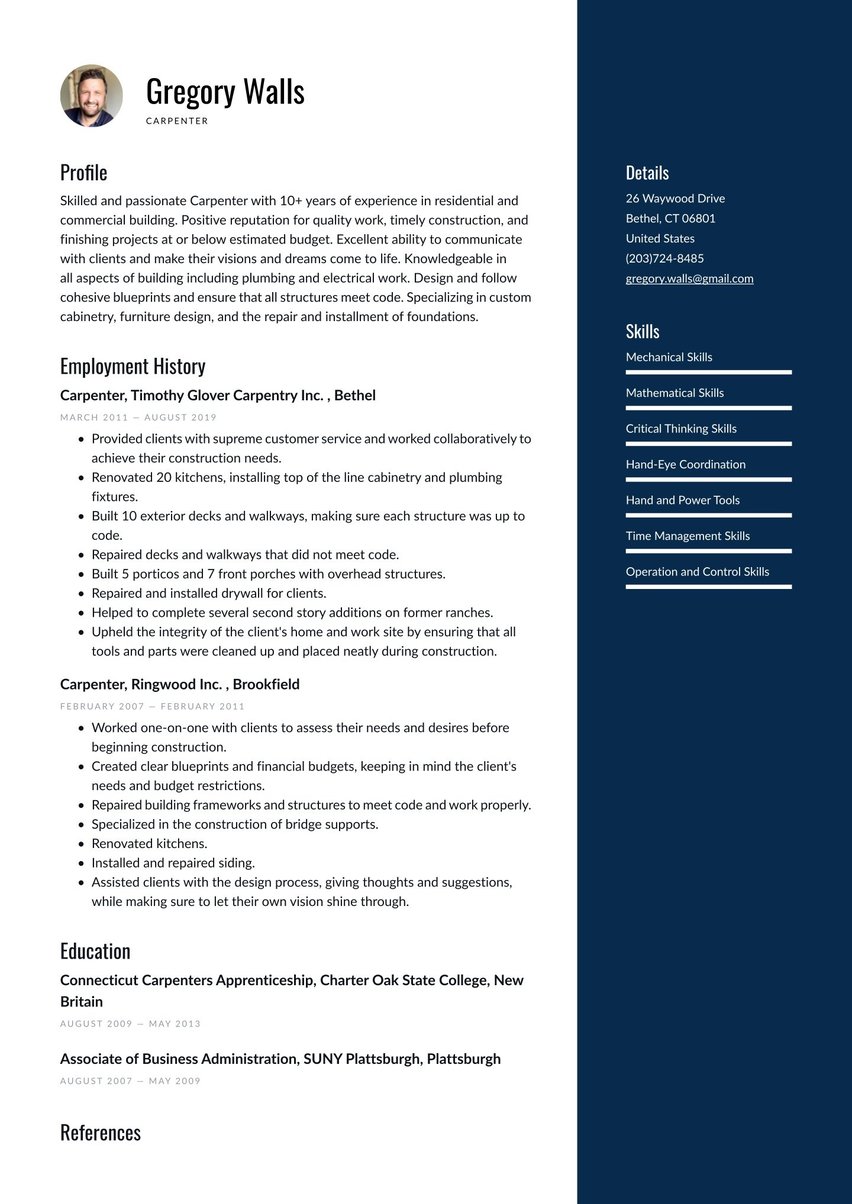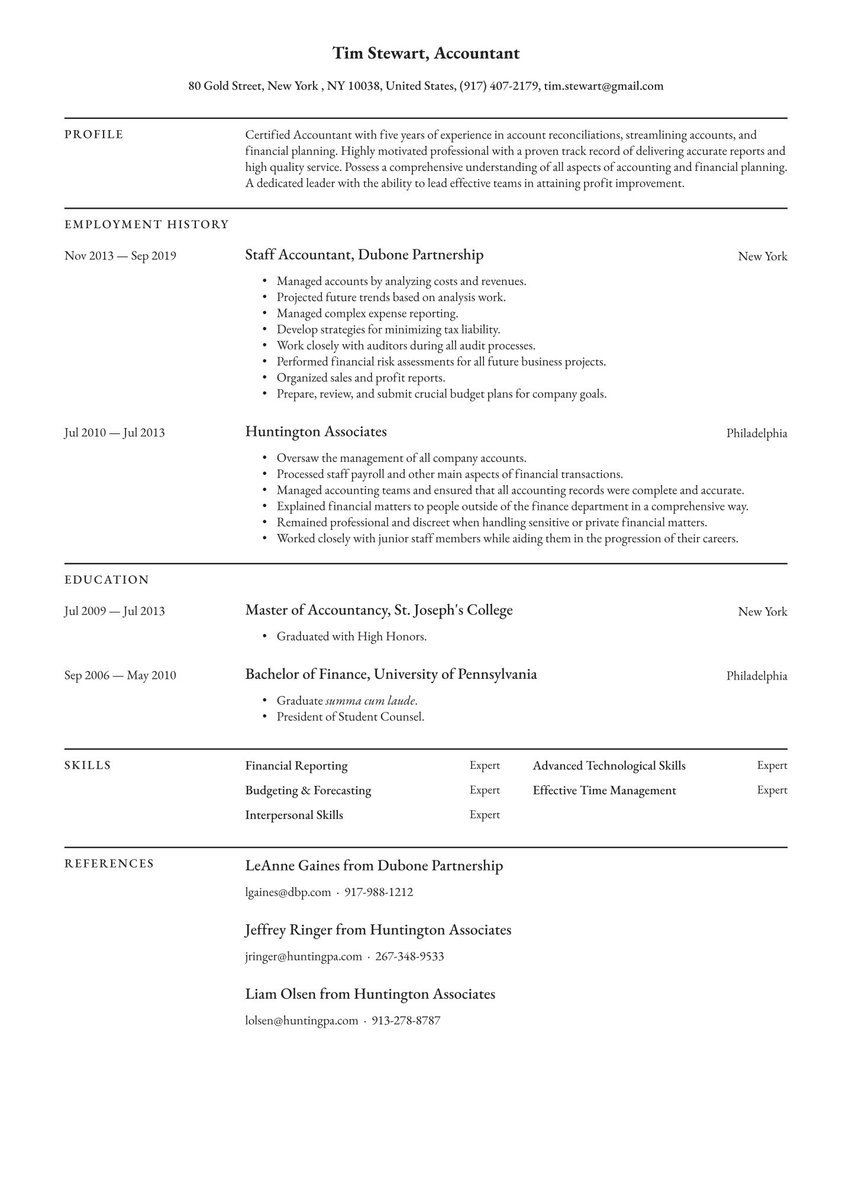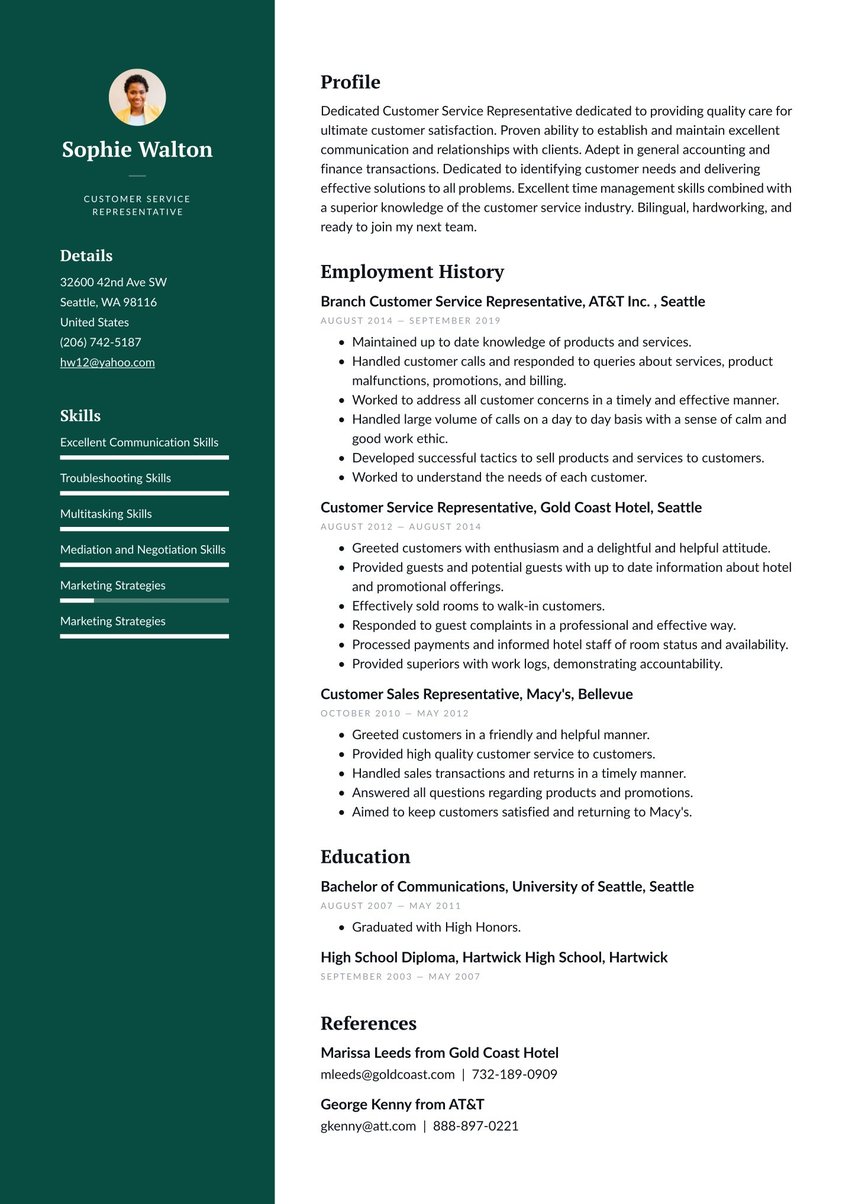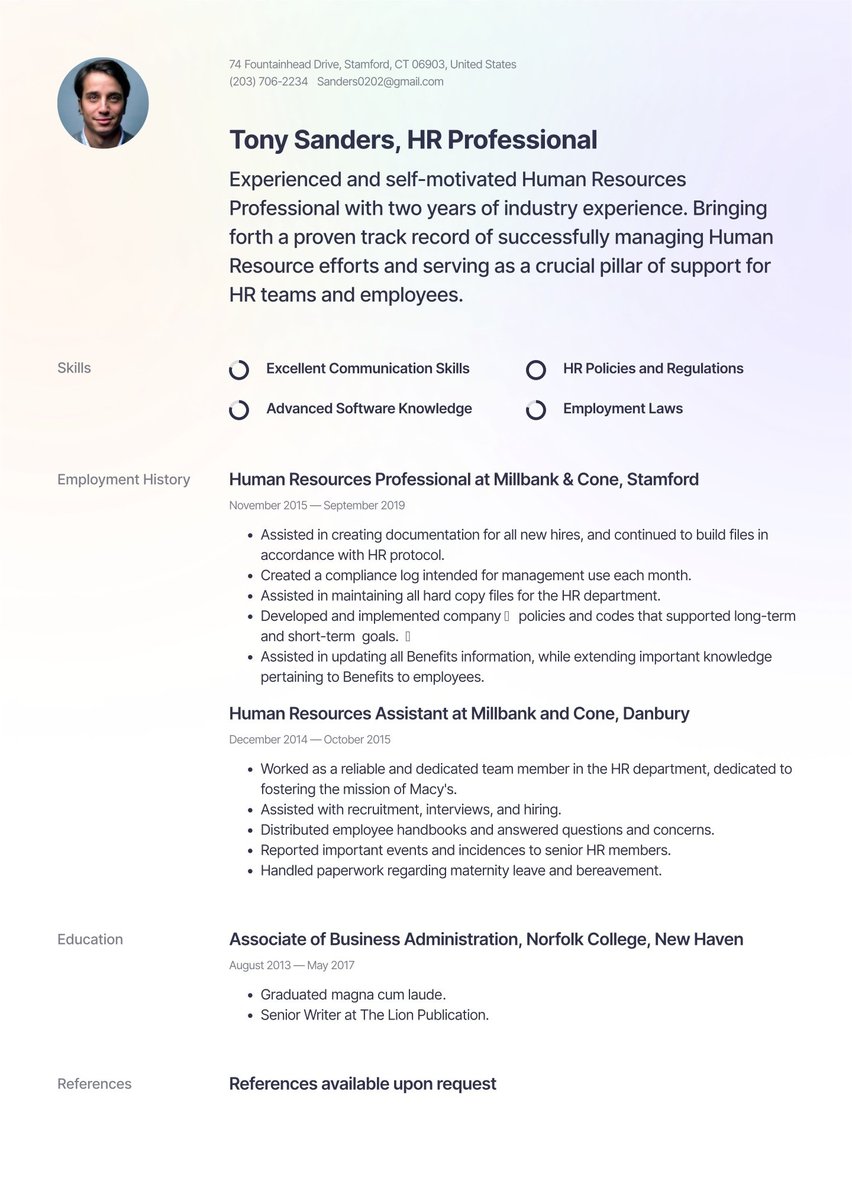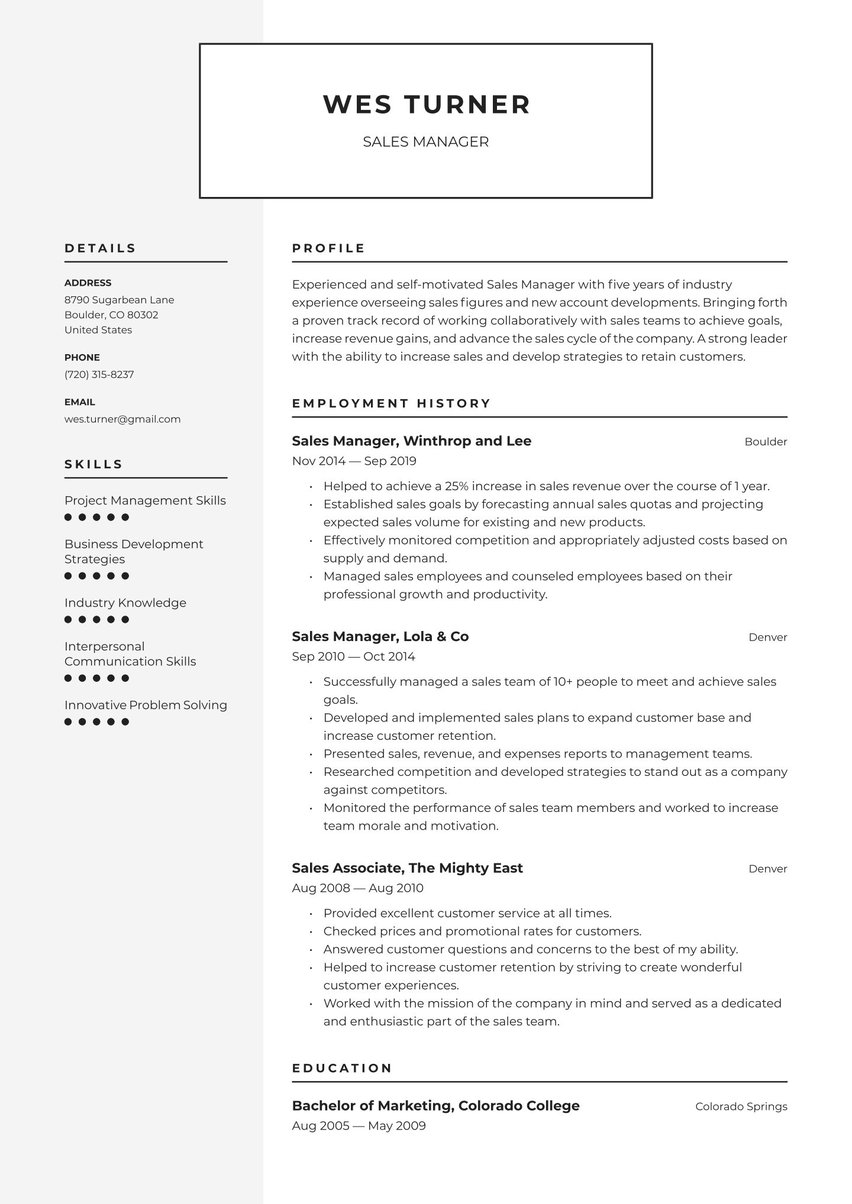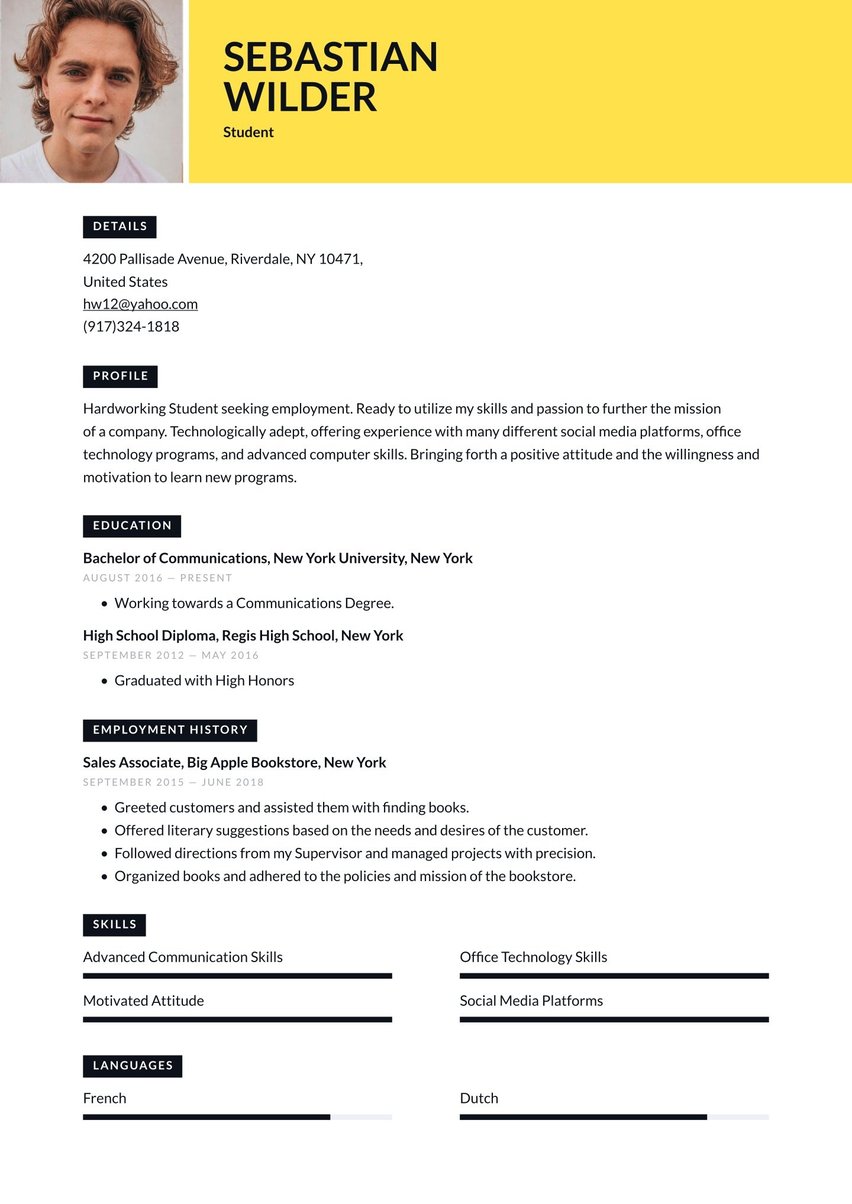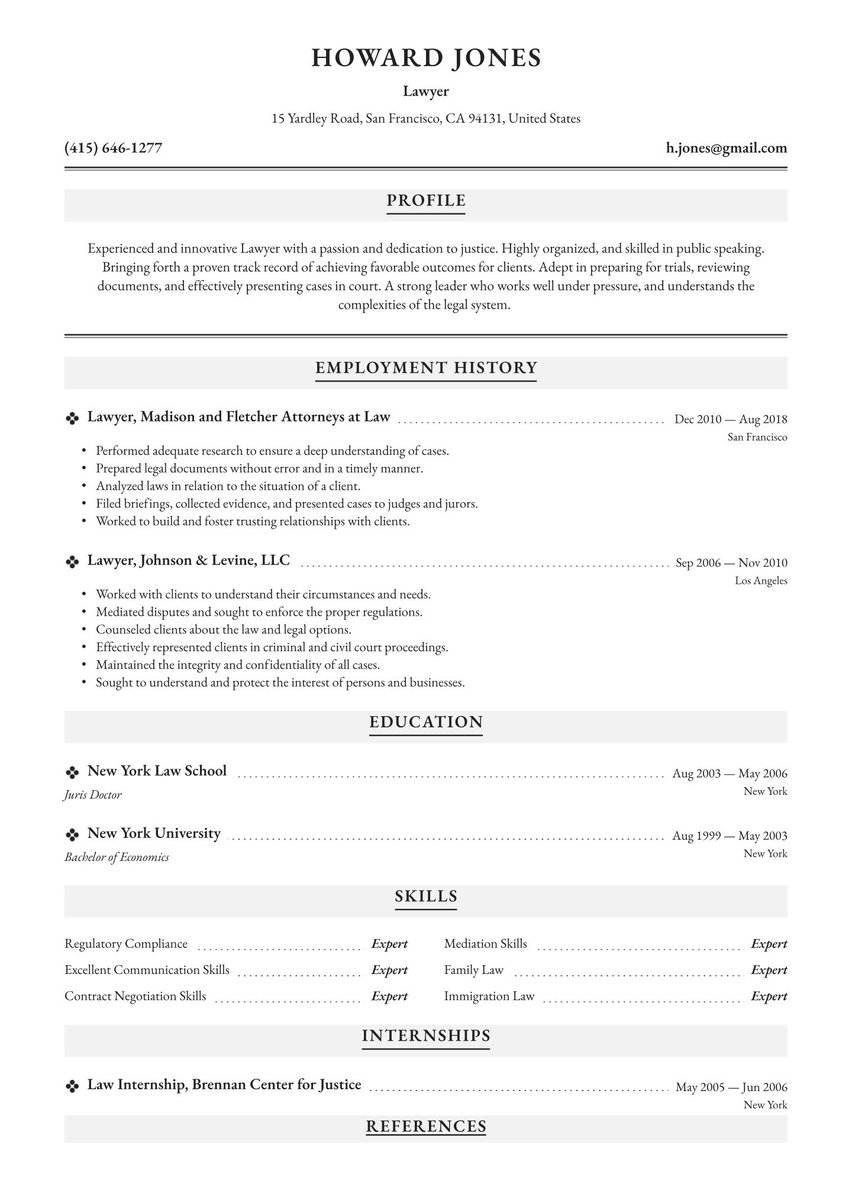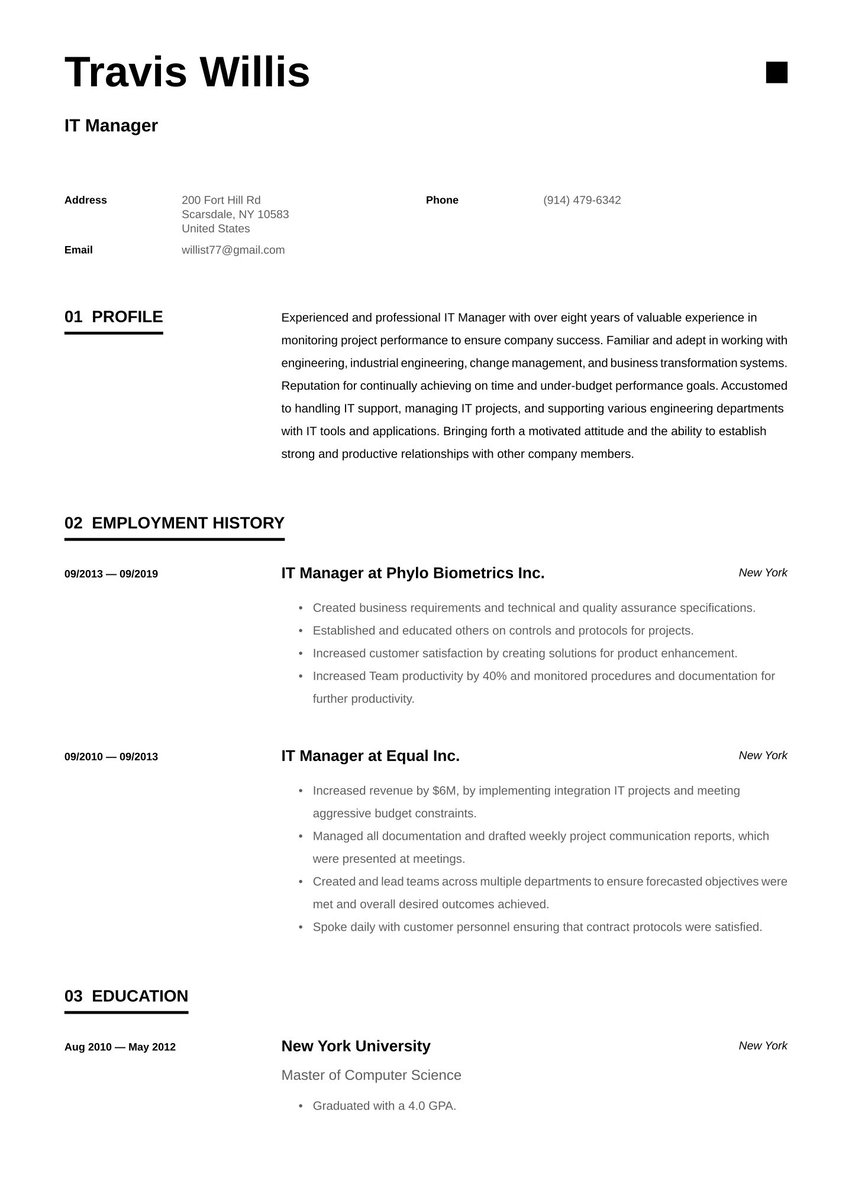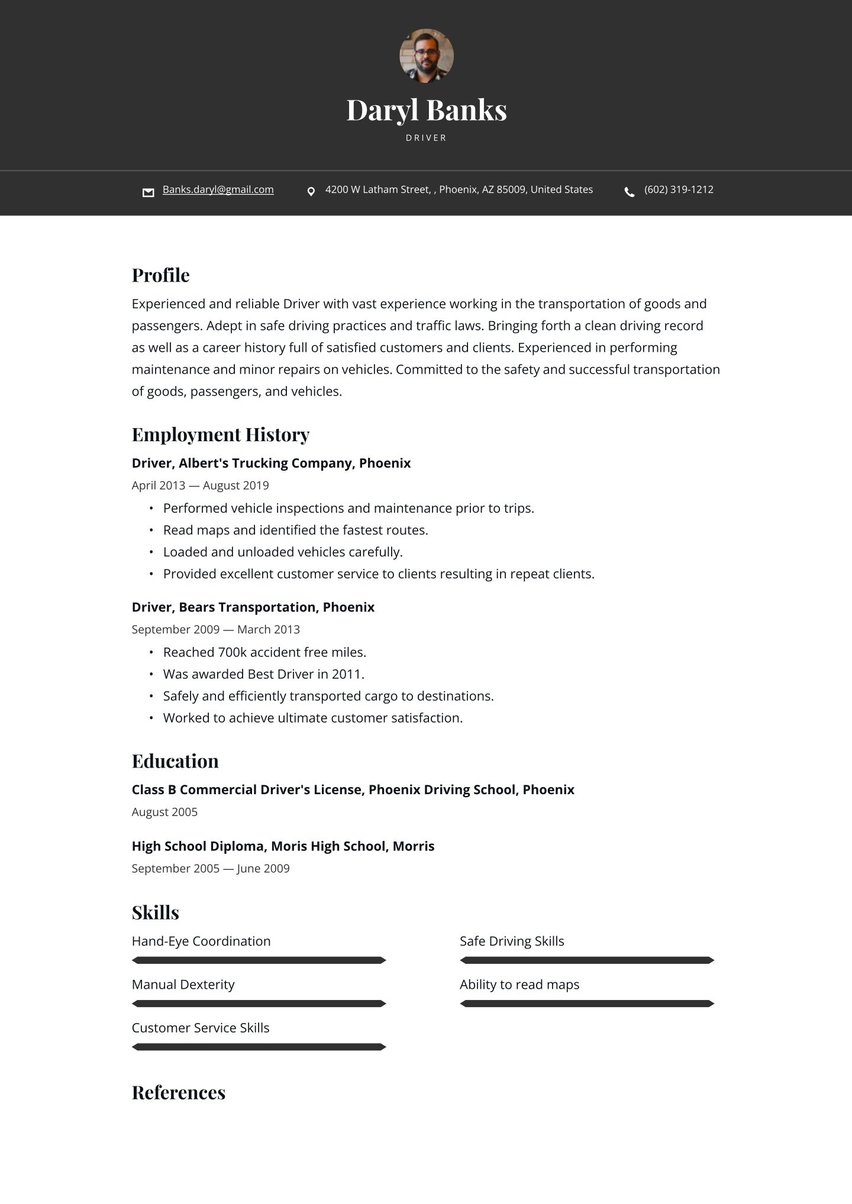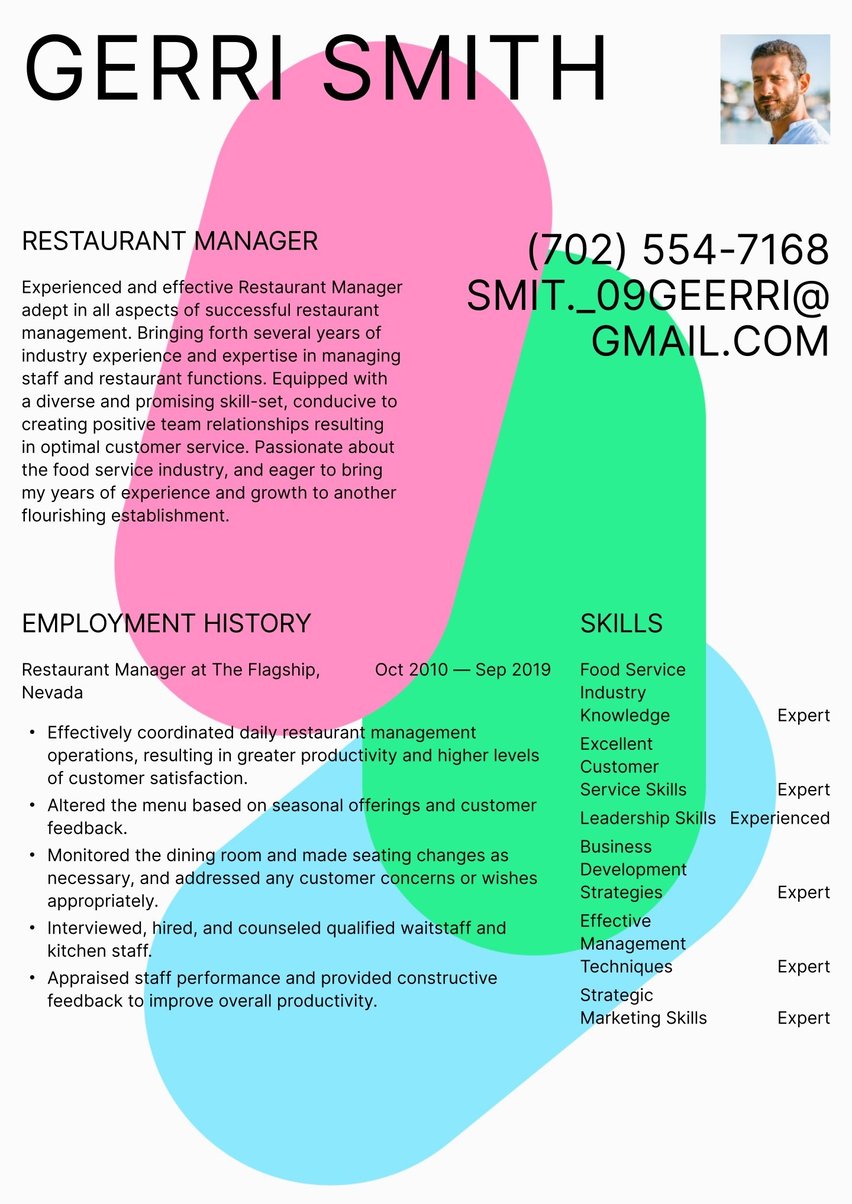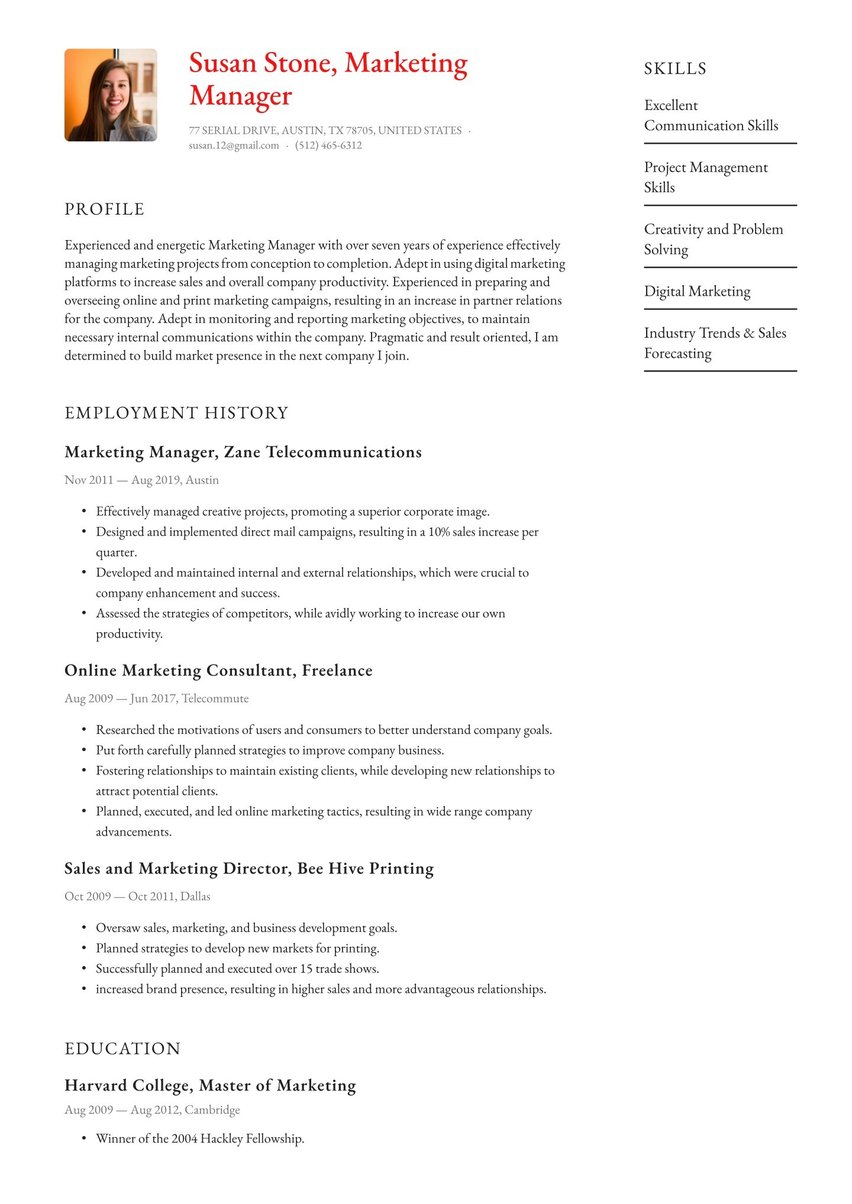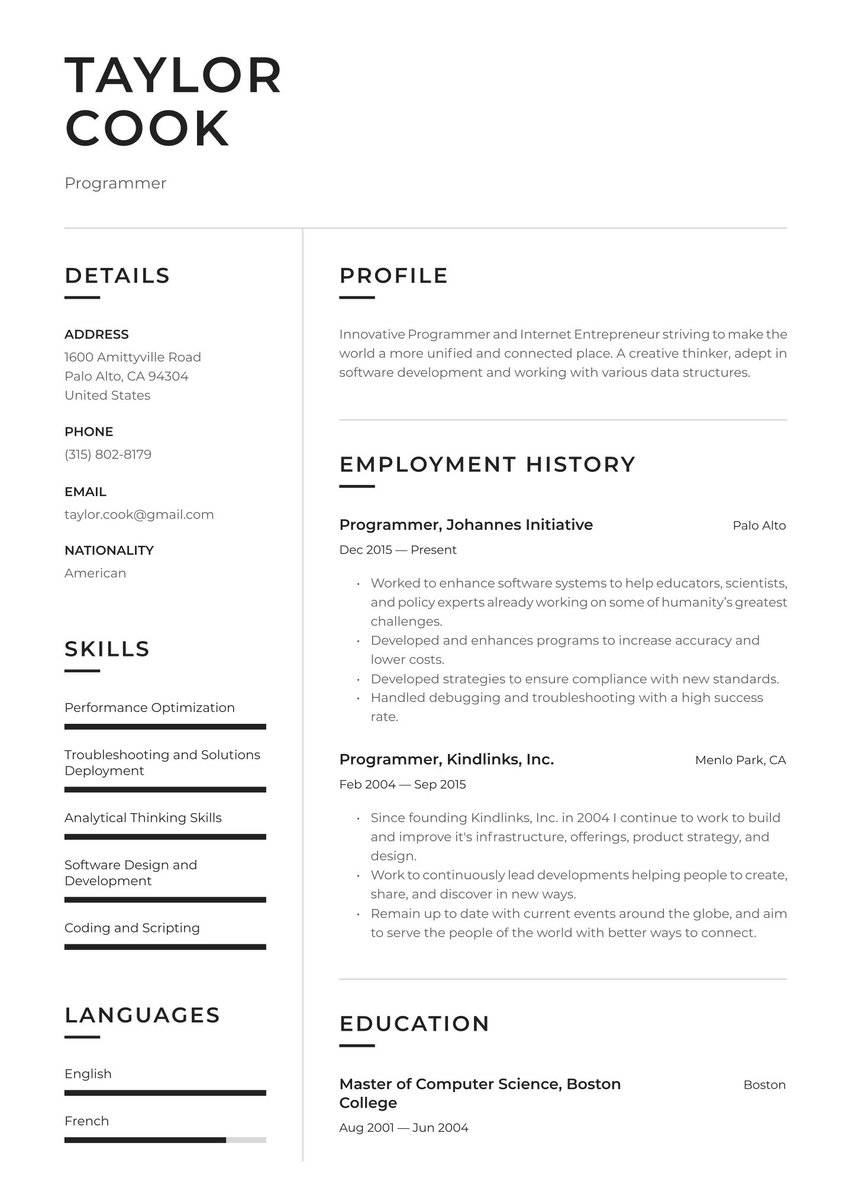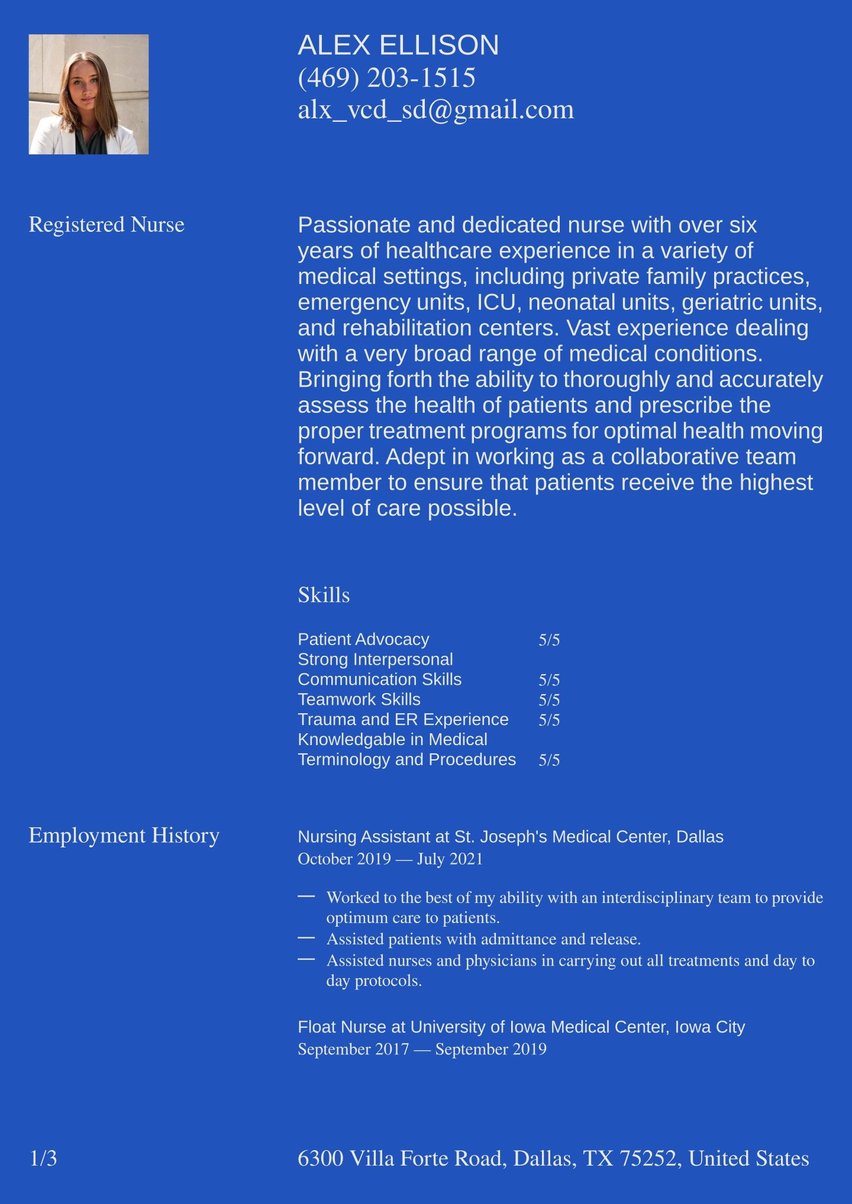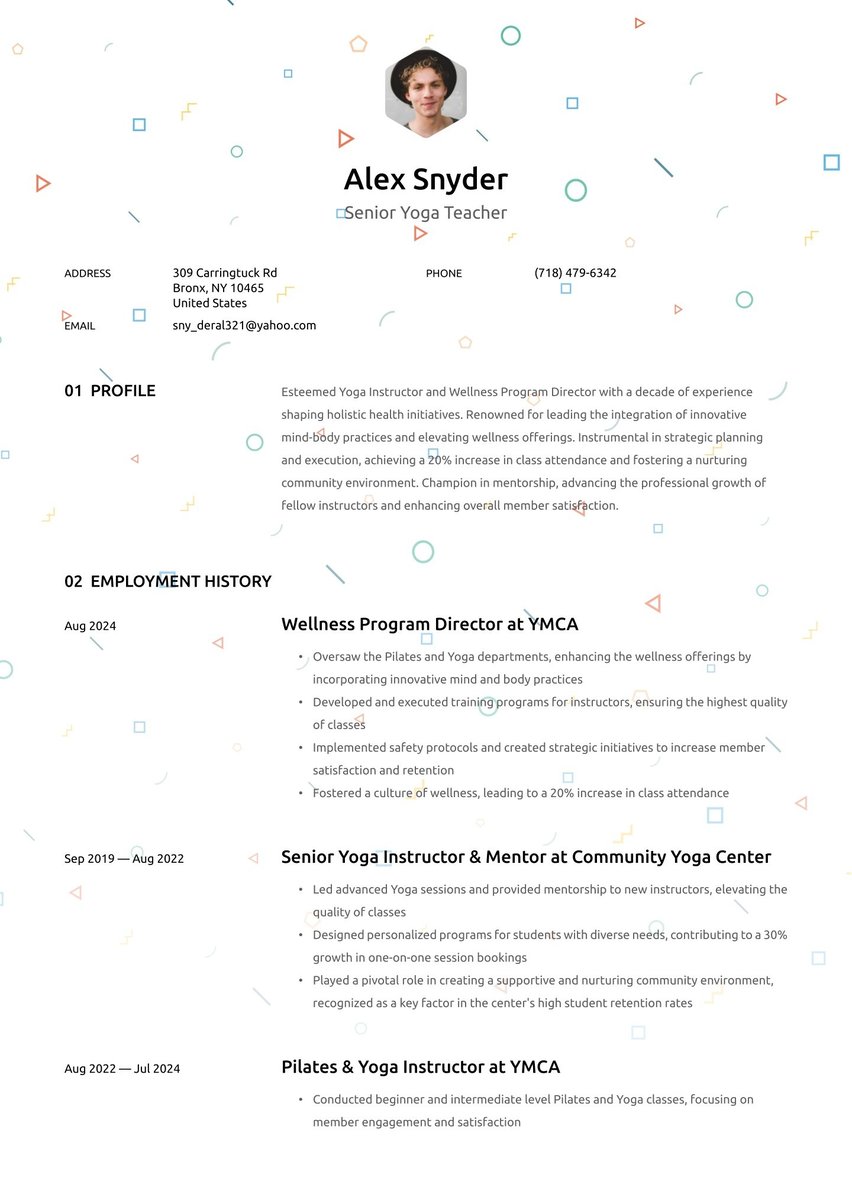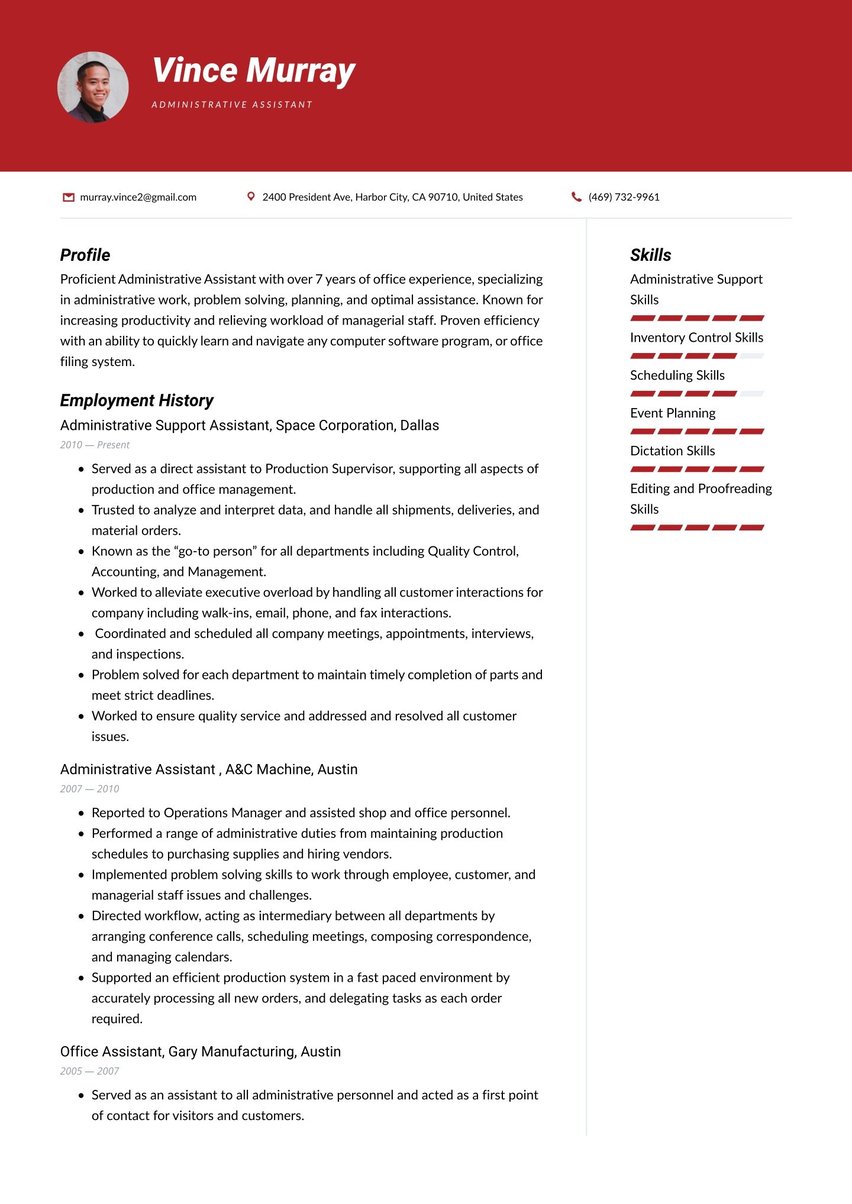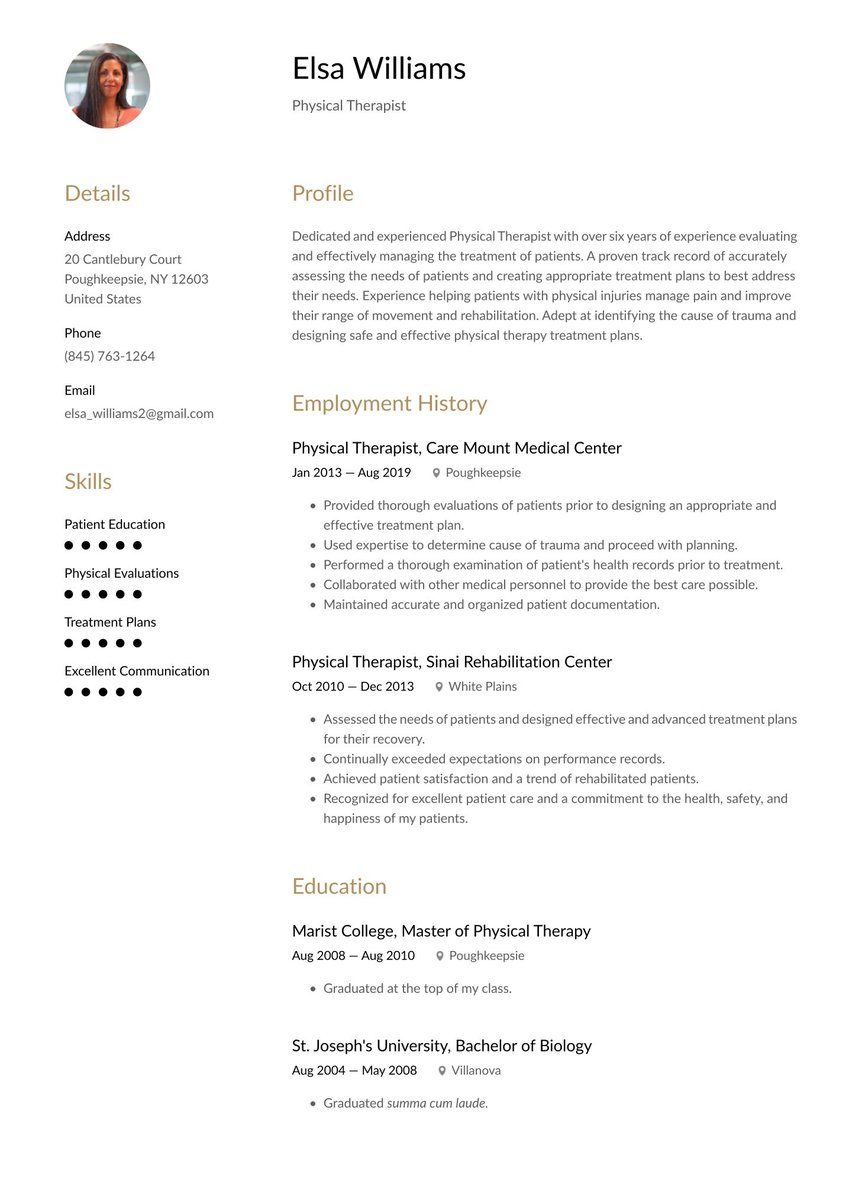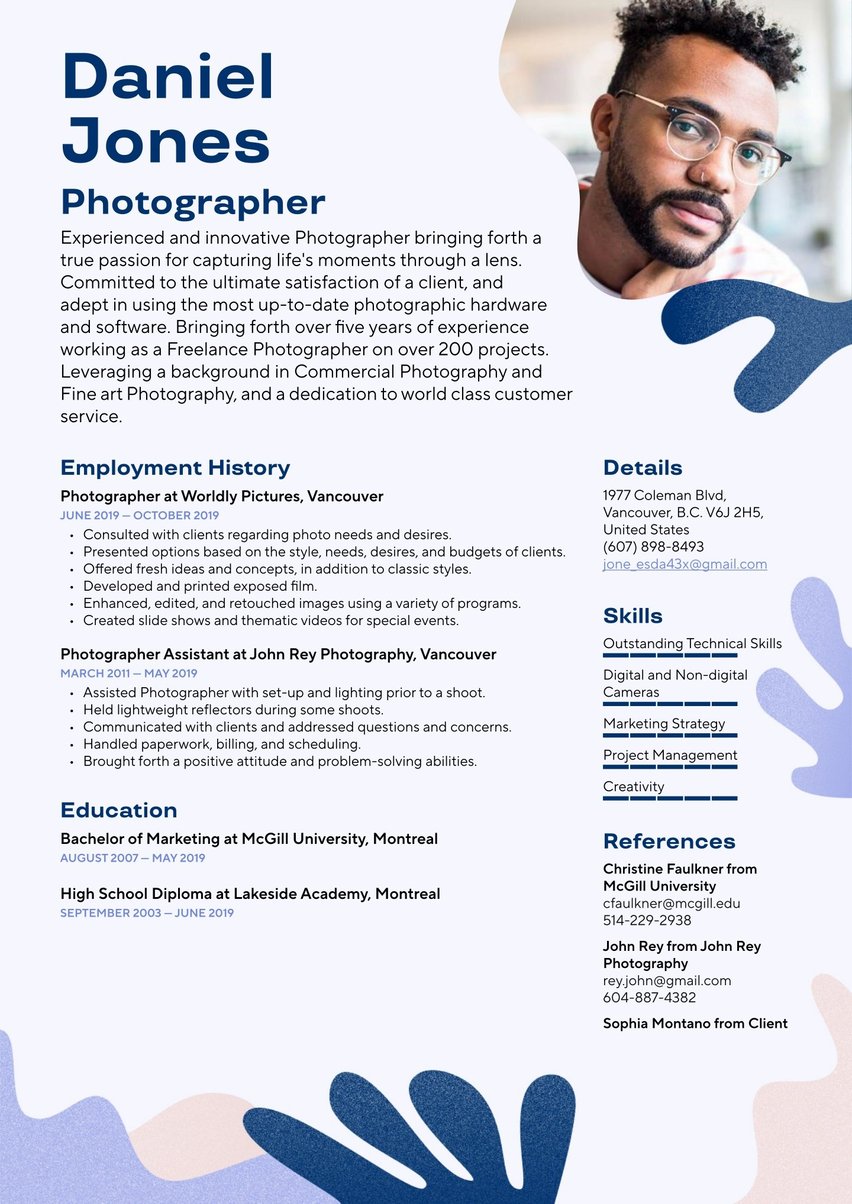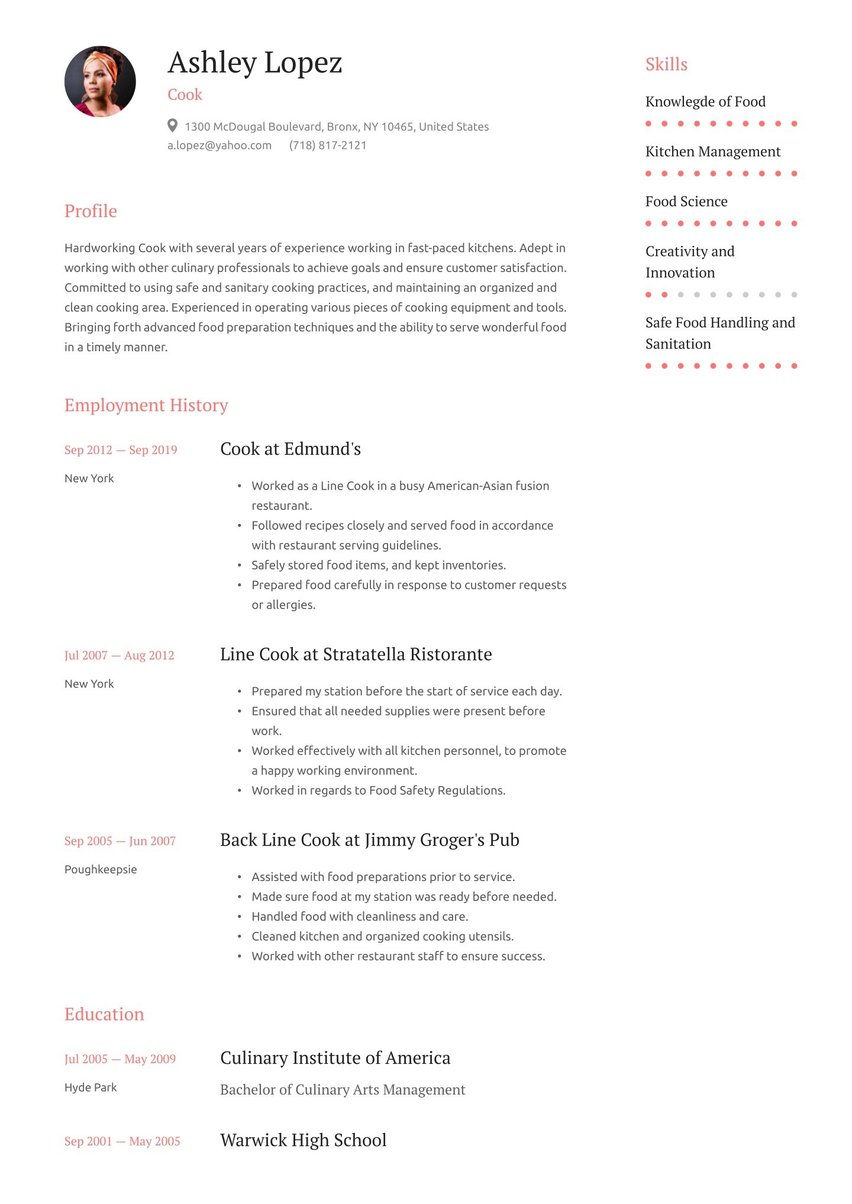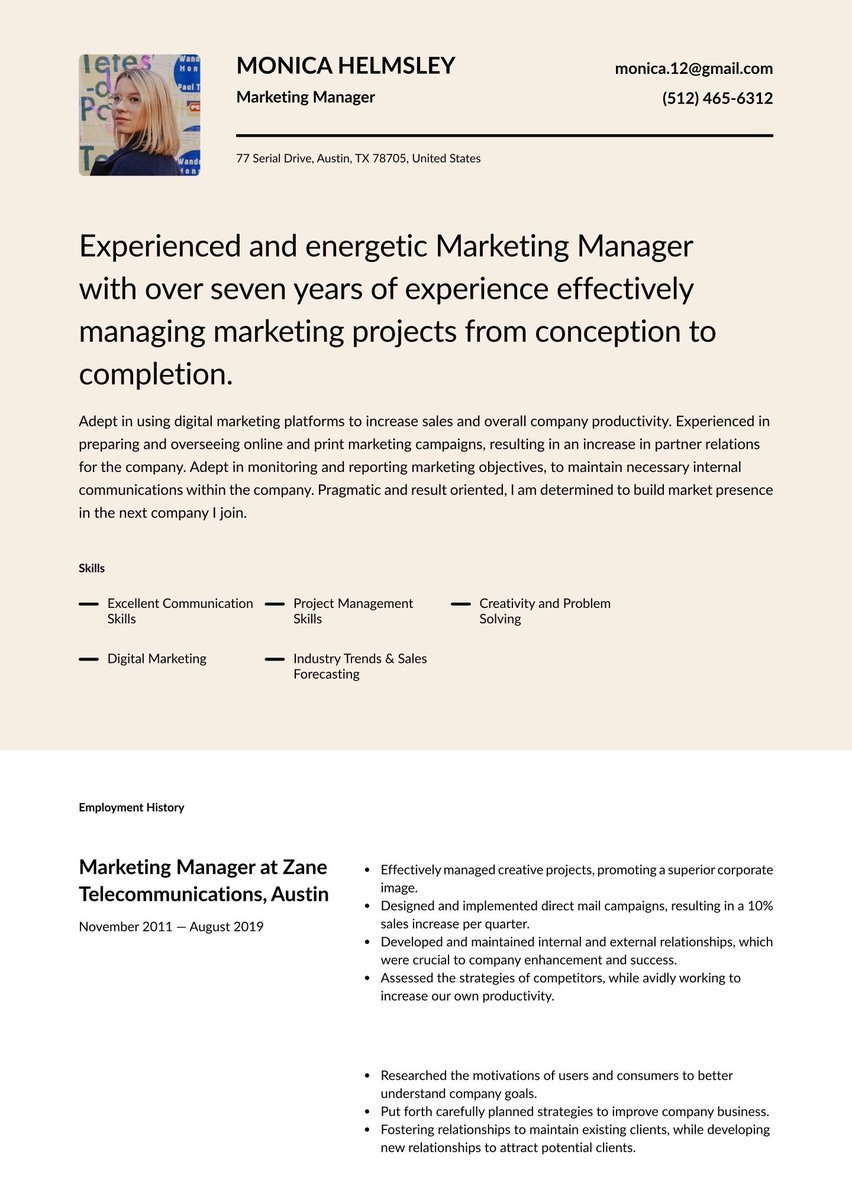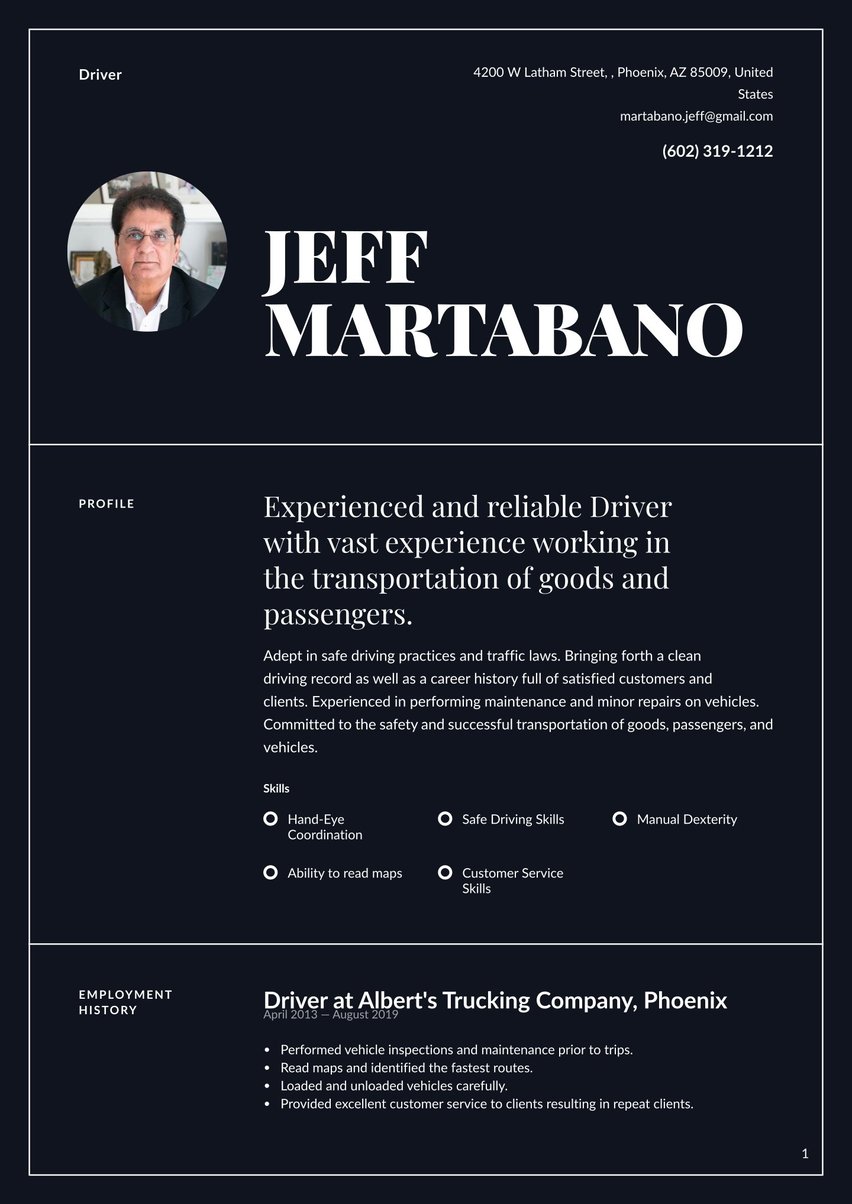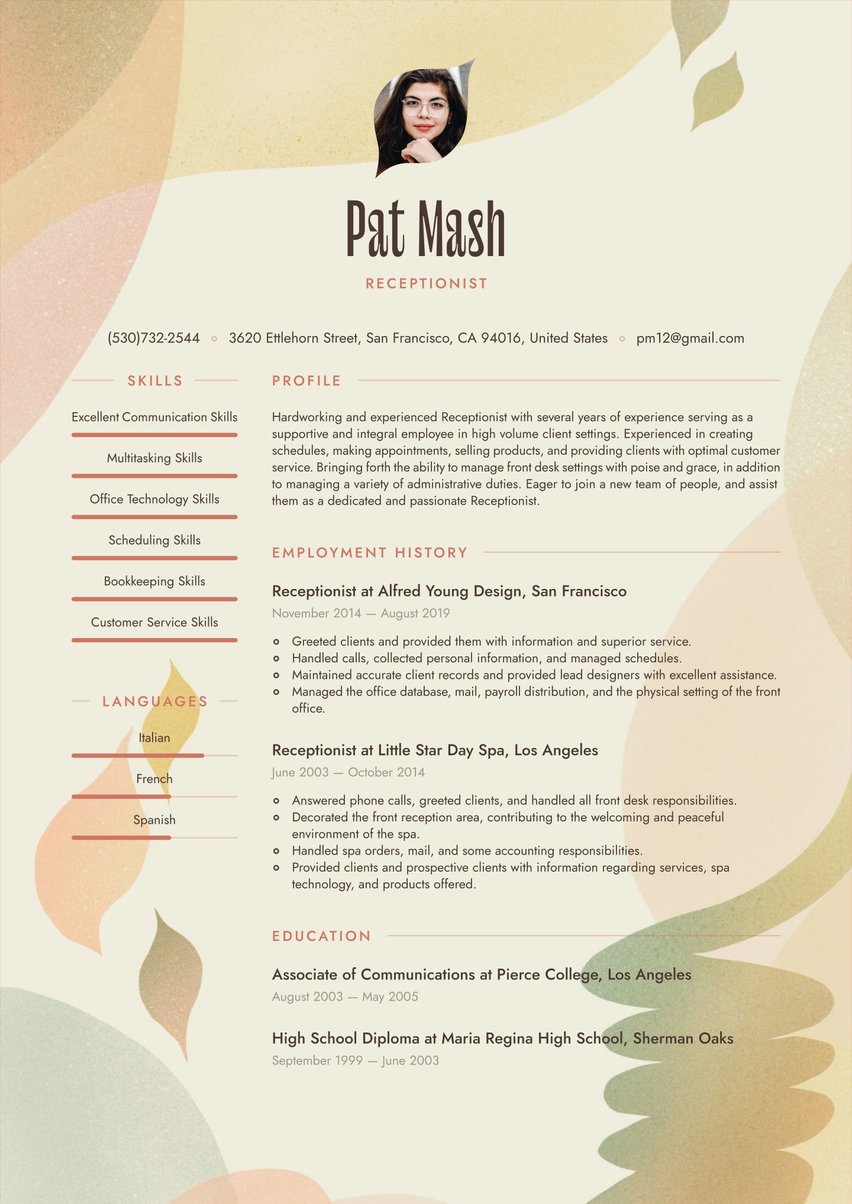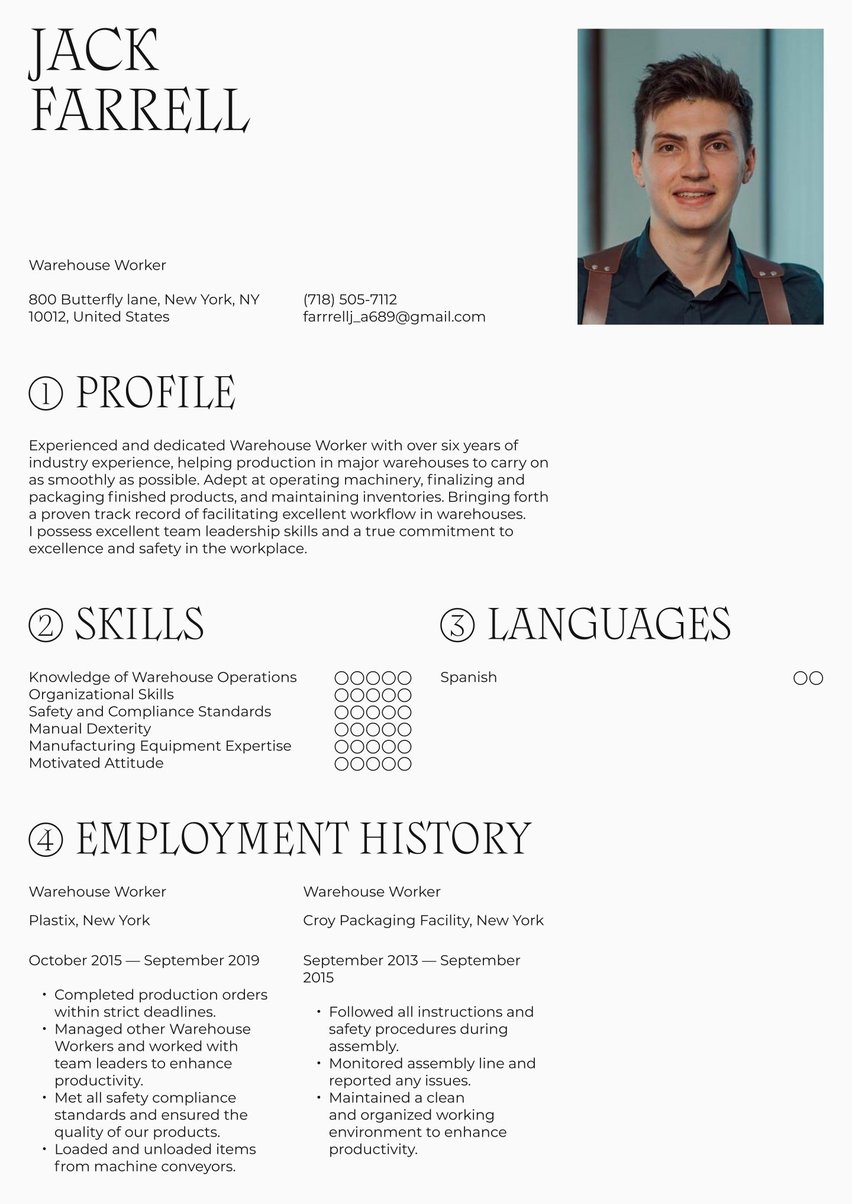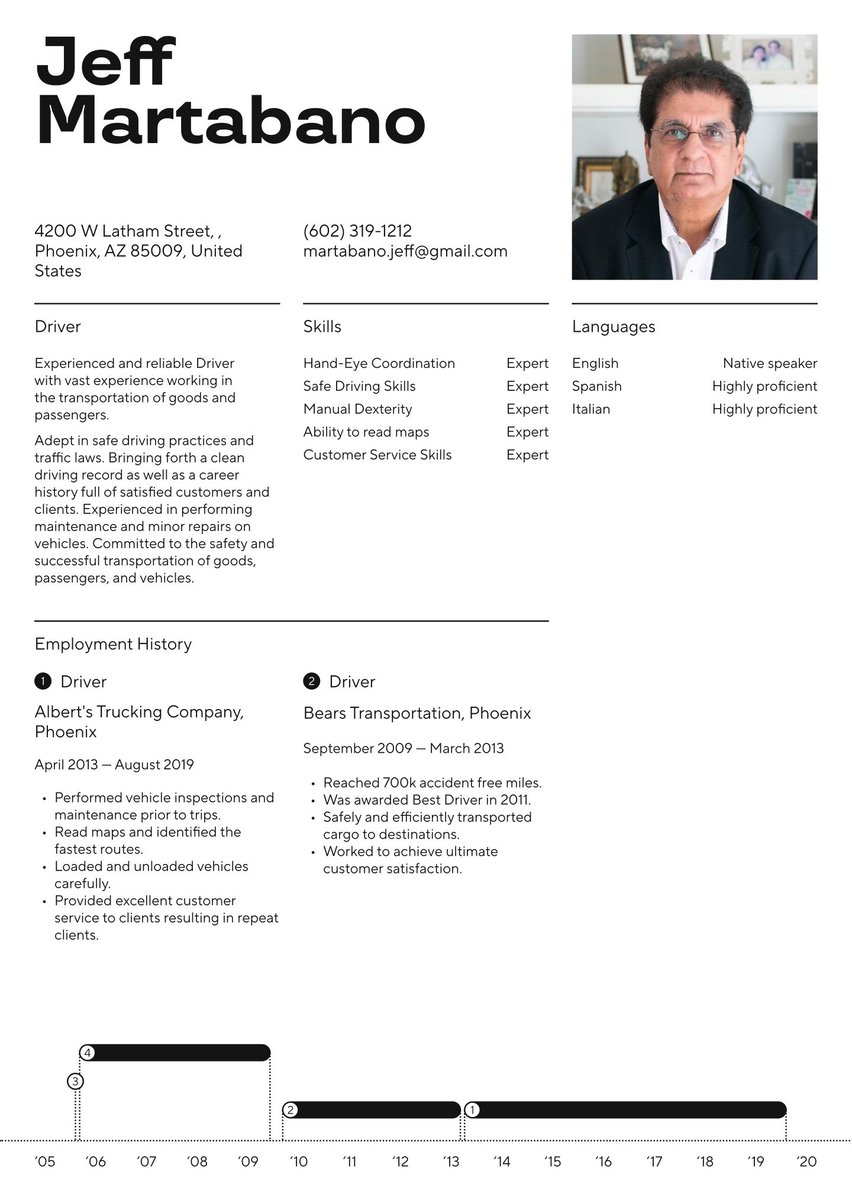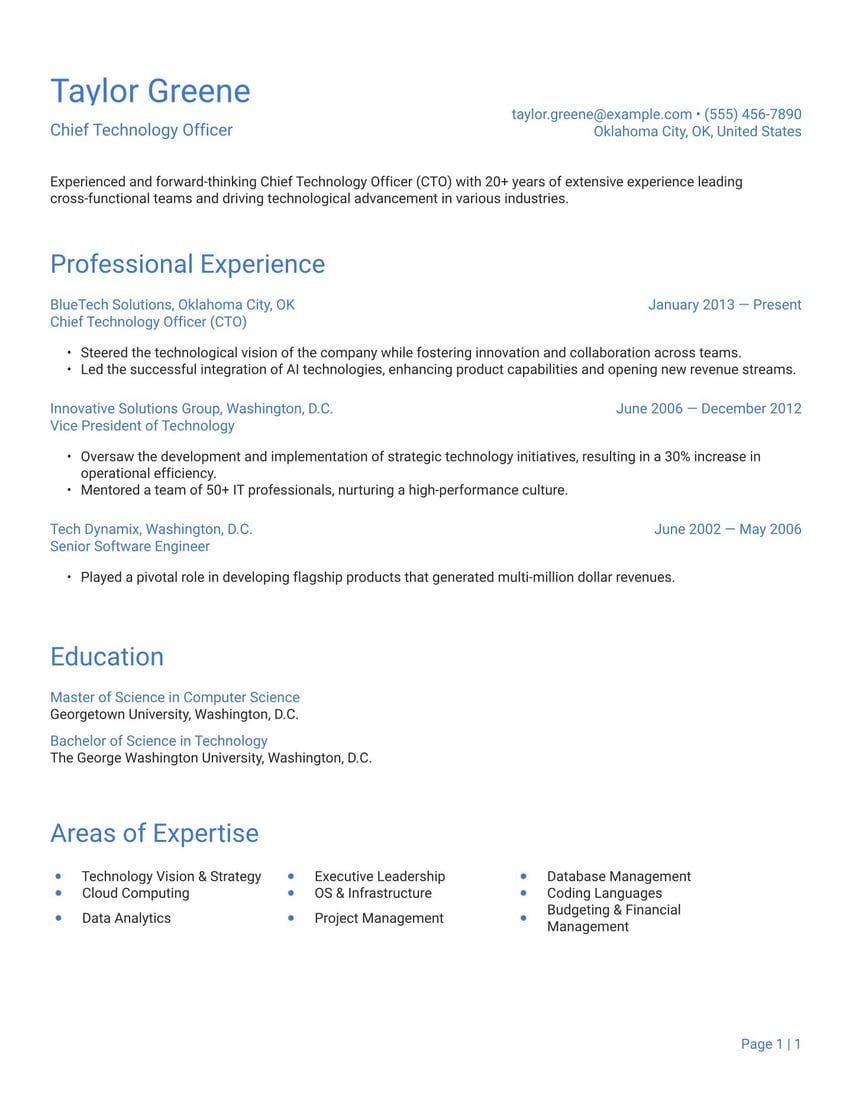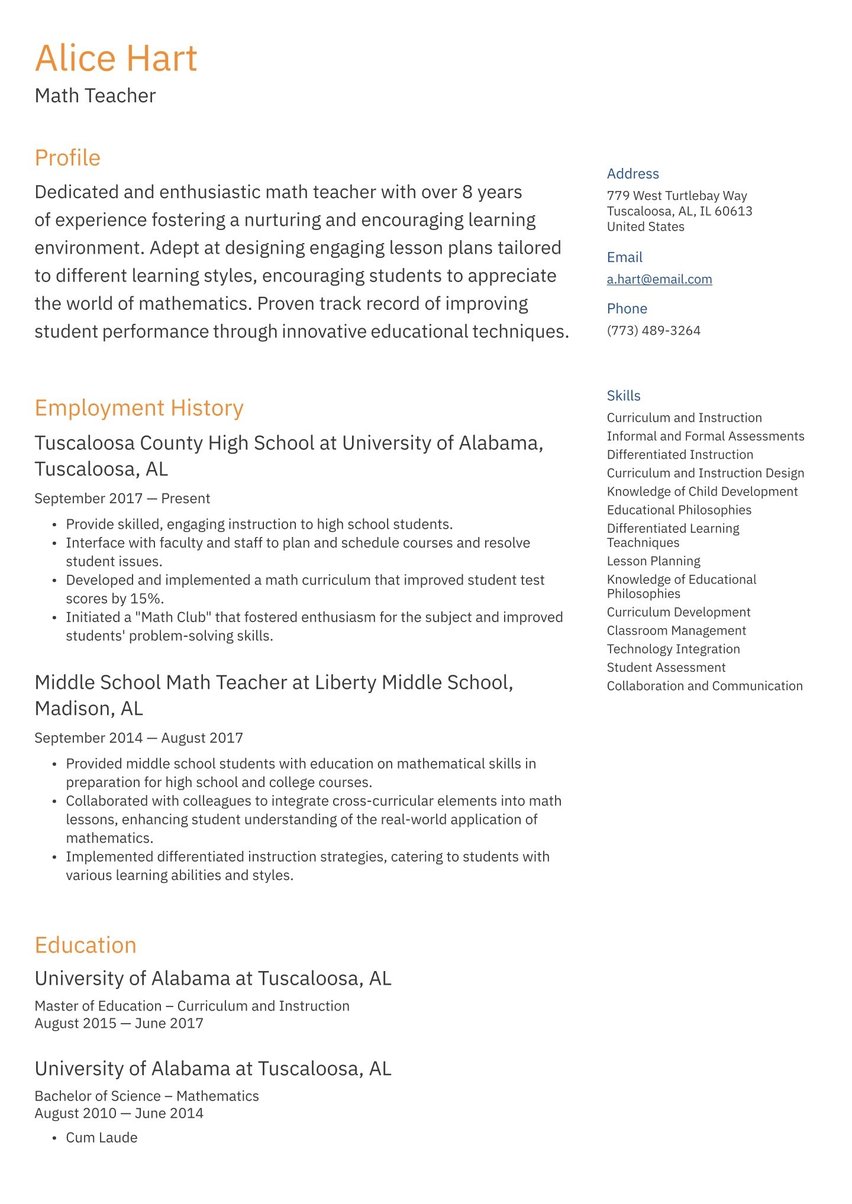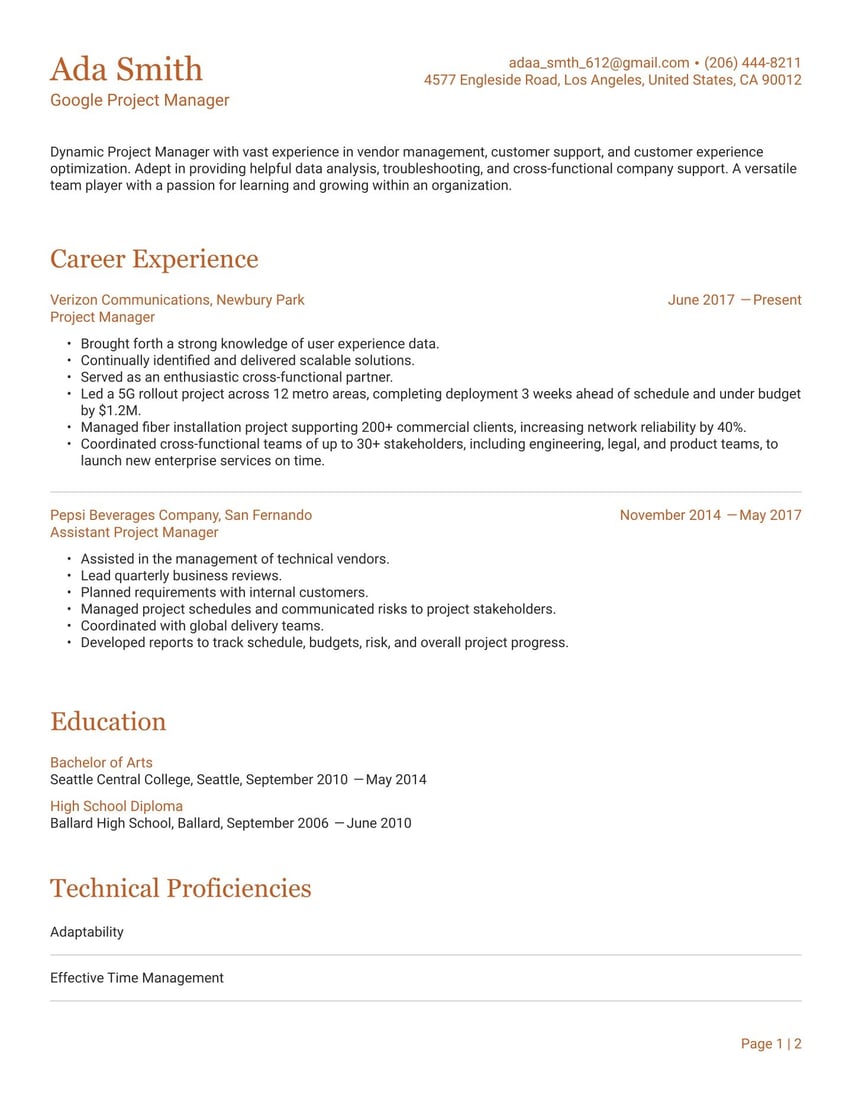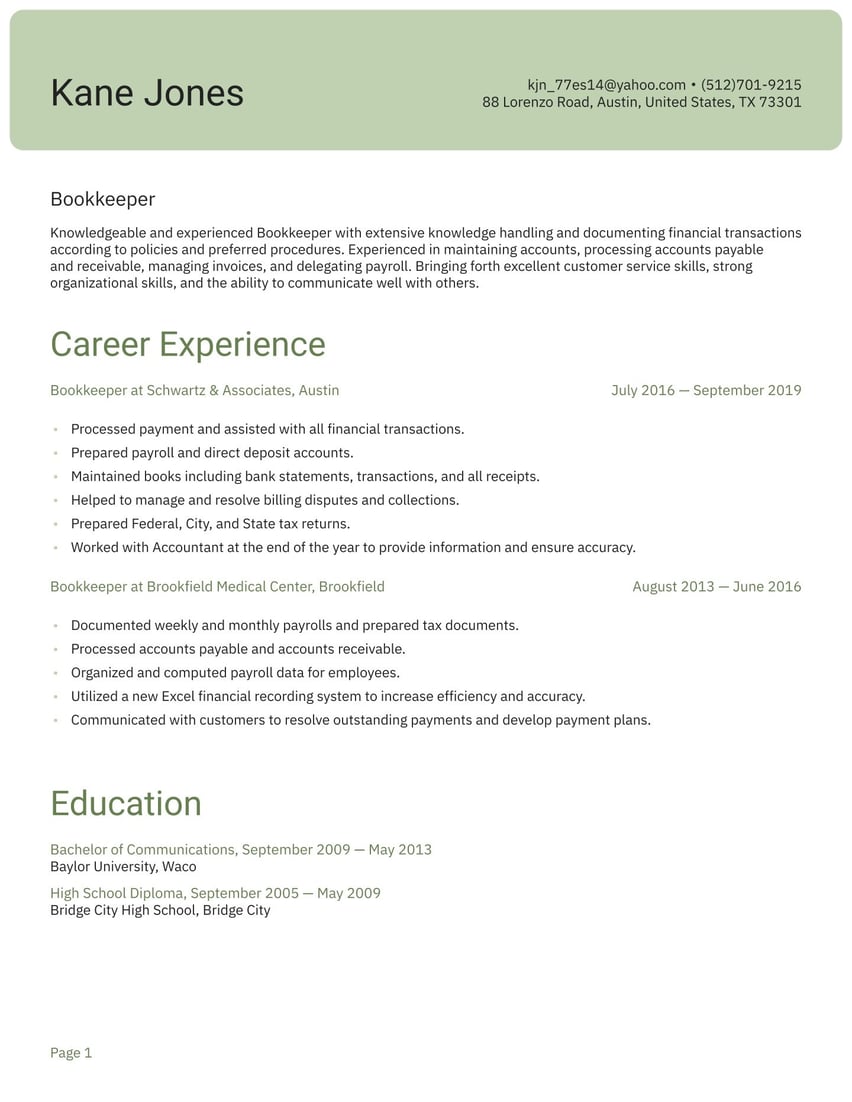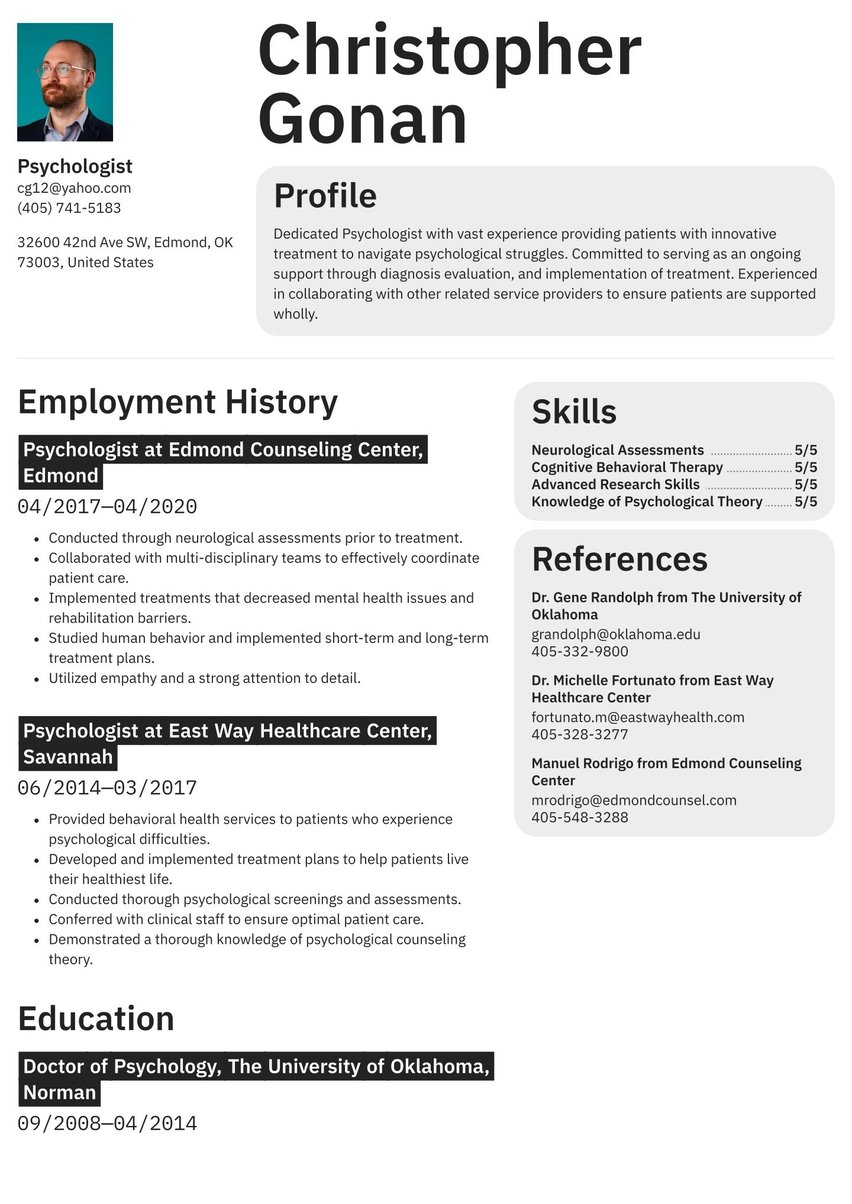Dynamic and dedicated professor of English, committed to the advancement and growth of students. Adept in creating and implementing powerful curricula designed to help students achieve their full potential.
08/2016 - 03/2021, Professor of English, Rhode Island College, Providence
- Created curricula for first-year and upper-division writing courses.
- Worked to cultivate experiential learning and active engagement in the classroom.
- Worked with department members to enhance program initiatives.
- Supported English majors, as well as all members of the writing program.
- Worked with students from diverse writing backgrounds to identify and foster their own strengths.
- Initiated, facilitated and moderated classroom discussions.
- Served as a department mentor and advisor.
08/2014 - 08/2016, Assistant Professor of English, Rhode Island College, Providence
- Provided optimal support to the head of the English department.
- Conducted assigned investigations and studies.
- Taught introductory and advanced courses in creative writing.
- Participated in interdisciplinary collaboration.
- Remained fully committed to enriching the academic experience offered by the English department at Rhode Island College.
09/2011 - 06/2014, M.A., English, Brown University, Providence
09/2007 - 05/2011, B.A., Comparative Literature, Brown University, Providence
- English
- Italian
- Advanced Knowledge of Literature
- Excellent Communication Skills
- Academic Research
- Curriculum and Instruction
- Honesty and Integrity
College isn’t for everybody, but for some people, academia is their calling. After earning a bachelor’s, a master’s, and a Ph.D. you’ll find them on the other side of the classroom as teaching assistants, lecturers, and eventually full-fledged professors. If that sounds like your dream life, this academic resume example and writing guide can help unlock the doors to the ivory towers of a career in higher education.
Academic resume examples by experience level
How can your academic resume help with your career goals? By showing an educational establishment that you are knowledgeable and experienced in your field of study.
Just as you would organize a detailed teaching plan, your resume needs to be designed in a way that maximizes results and gets your information across efficiently and quickly. Your resume is your opportunity to show a hiring board that you can make a difference for their students. You can use it to showcase your unique skills, education, and past experience as well as your personality.
Resume guide for an academic resume
Resume.io’s collection of writing tips and resources is designed to give you the best possible chance of landing your dream position. This academic resume sample is one of our more than 500 guides, and the resume examples you’ll find in our resume builder are all crafted with care to help you finish your application in just a few clicks.
This resume guide and corresponding academic resume example will cover the following:
- How to write an academic resume
- Choosing the right resume format for academics
- How to add your contact information
- Using summaries
- Adding your academic experience
- Listing education and relevant experience
- Picking the right resume design/layout
How to write an academic resume
Before you dive into writing your resume, there are some things you should know about its structure. The following elements are all items you should include in your resume:
- The resume header
- The resume summary (aka profile or personal statement)
- The employment history section
- The resume skills section
- The education section
The term “academic” might conjure images of a brilliant, but socially awkward professor. Is this the image you want to provide a hiring manager? Your resume should be designed to tell your story. You want to be the type of applicant who understands a facility’s unique learning needs and who has a plan to meet them.
Your resume is one of the best places to start proving you are this type of applicant. Here’s a formula to consider using:
- Focus on accomplishments rather than responsibilities. While you must have the background needed to teach a specific class or oversee a department, a hiring board will also be interested to see what results you’ve been able to see with your research interests and methodologies.
- For each role you apply for, you should adapt your resume to fit it because each job has its own set of requirements and needs. Your goal should be to show that you are the perfect candidate for a specific role. Taking this extra step can help you stand out among the other candidates.
- Consider including your publications on your resume. This step could be quite effective and essential for someone with an academic or scientific background.
- Include keywords found in the job description to ensure your resume will be flagged by ATS screening software. ATS resume templates are a great tool for this.
Optimize for the ATS
Before your resume hits the desk of a hiring manager or department lead, it’s likely going to be put through an ATS (applicant tracking system) scan. This scan searches for keywords and terms that are connected to the top skills a candidate needs to have to be successful in this role. Often, some of the keywords an ATS scan will look for can be found in the job description.
For example, if an academic job posting lists the following requirements:
- “Ph.D. in [field of study]”
- “Scholarly research”
- “Teaching experience”
- “Student and department mentorship”
- “Perform department, university, and community services”
Then, your resume profile summary, when integrating the keywords, could read:
“Passionate and accomplished academic with a Ph.D. in English. Proven record of effectively conducting and publishing impactful research while fostering a collaborative learning environment. Experienced in mentoring students and department members. Committed to supporting institutional goals and contributing to departmental and community service.”
Read our article on Resume ATS optimization to learn even more about beating an ATS scan.
Selecting the best format for academic resumes
Being a professional is critical in an academic setting, so it’s also important to create a professional resume.
For most resumes, including one focused on academic jobs, the best format is a reverse chronological version. With this type of resume, the focus is on your employment section, and everything is listed in reverse chronological order where your newest job is listed first.
Since your education is such an important part of your career, you may also want to consider a functional format for your resume. Here, you’ll focus more on your education and certifications than on your work history. This could be a good option for those just starting their academic career or for those with substantial degrees and certifications.
You’ll find many other resume templates in our resume builder, so choose one that works for your situation. You can also see examples of the formats we have available in our resume examples section.
Regardless of which format you choose, remember to keep your resume clean, easy to read, and modern so that it is easy for a hiring manager to digest.
How to display your contact information
The resume header at the top of the page contains your crucial contact info. In addition to letting employers know how to reach you, the header is also an important design element, giving your resume a little visual flair. It should never be gaudy or gimmicky, but it should employ creative use of fonts, spacing, layout, design, and perhaps a splash of color.
The header is easy to write since you already have all this information memorized, but it’s the most challenging part of a resume to design. This is why we suggest that you use a pre-designed resume header where the layout is already done for you. All you have to do is enter your contact info, push a button, and boom—you’ve got a beautiful header.
- Full name & title. Your first and last name are listed first followed by the title of the role you are pursuing or your teaching area of expertise.
- Professional email address. Using a professional email address is crucial in an academic setting, so stick with something simple, like firstname.lastname@gmail.com.
- Phone number. Naturally, you’ll need to have a professional voicemail greeting and list a phone number where you can be contacted.
- Location. Putting your full address isn’t necessary, but you should include your city and state. If you will be relocating for the job, you can note 'Willing to Relocate'.
- LinkedIn. Having a LinkedIn profile is also an important element of pursuing an academic career, so be sure to have yours updated and to include the link on your resume.
Don’t include:
- Date of birth: Adding your birthdate and year could lead to age discrimination, so it’s best to remove it from your resume.
- Personal details: Any type of personal information, such as your marital status or social security number, should be removed.
Daniela Banks
Professor of English
401-231-5454
daniela_banks_cliffwalk.edu
Daniela Banks
Teacher
401-231-5454
daniela_and_shakespear_4ever@gmail.com
Tips for writing a career summary
The resume summary, also known as a profile or personal statement, is sort of like an “abstract” or “précis” at the beginning of a scholarly article. It summarizes the main points of everything that follows in just a few well-chosen words.
What is your main selling point? Whether it’s your years of experience as an educator, your summa cum laude graduation honors, or your ground-breaking dissertation, there is bound to be something that sets you apart. Highlight it here! In a few lines at the top of your resume, summarize what it is that makes you great at what you do.
Throughout your resume, but especially in your summary, we also recommend using action verbs, such as analyzed, evaluated, demonstrated, published, facilitated, moderated, awarded, and collaborated, whenever possible.
Don’t forget that your summary is your opportunity to introduce yourself to a hiring board or department head. For that reason, you don’t want to just copy highlights from other portions of your resume. You should focus on overarching elements that make you qualified for this role. For example, “Demonstrated excellence in conducting research on digital humanities, contributing to the development of new methodologies for analyzing large historical datasets.”
Ultimately, your goal is to portray an image of yourself that makes a hiring manager want to learn more about you. You want to show you are a knowledgeable and engaging teacher who is dedicated to making a difference in the lives of your students.
For even more inspiration for your summary, check out our related resumes:
You can find adaptable academic resume summary examples below:
Motivated recent Ph.D. in English graduate capable of bringing a solid foundation in literature studies and narrative analysis. Proven ability to conduct rigorous research, contribute to scholarly publications, and engage students through effective teaching and mentorship.
Experienced academic with a Ph.D. in Mathematics and 5+ years of teaching experience. Proven track record of success in developing and delivering innovative courses, mentoring students, and contributing to curriculum design. Actively involved in departmental leadership and community outreach.
Accomplished academic professional with Ph.D. in History and over 10 years of experience in modern American history. Renowned for leading research and publishing extensively in top-tier journals. Track record of success in securing substantial grant funding, delivering high-impact teaching and mentorship programs, and driving innovative curriculum development.
Charting your academic endeavors: a grade-a adventure
If you’re looking for a job in academia, you probably have some employment history already. Maybe you weren’t the head of the French Department at the Sorbonne for the past 10 years, but you still have a certain je ne sais quoi. Let’s work with that.
If you do have a track record in academic jobs, list them here in reverse chronological order, providing the name and location of each employer, the years you worked there, and what you accomplished at each of these jobs. Be specific, using facts, figures, and measurable milestones wherever possible. For example:
- "Created daily teaching plans and delivered lectures."
- "Administer exams and assessments."
- "Helped students choose courses and career paths."
Elaborating on vague descriptions, such as you see above can help drive home the point that you can make a difference in the role you are applying for. Adding quantifiable results can help demonstrate your effectiveness and impact.
To do this, think about the results of the tasks you completed in each role. For example, maybe you helped increase enrollment in a particular area, or you helped students improve their test scores or college graduation rates. The goal is not just to go over your work experience, but to show what impact you had on the organization you were a part of.
To see this in action, check out these reworked statements of the items listed above:
- "Implemented innovative teaching strategies resulting in 15% increase in student participation."
- "Achieved 95% accuracy rate in exam grading and 15% increase in course completion rates."
- "Advised students on career opportunities leading to 90% job placement rate within six months of graduation."
Take a look at the academic employment history resume sample below:
Professor of English at Rhode Island College, Providence
August 2016 - March 2021
- Created curricula for first-year and upper-division writing courses.
- Worked to cultivate experiential learning and active engagement in the classroom.
- Worked with department members to enhance program initiatives.
- Supported English majors, as well as all members of the writing program.
- Worked with students from diverse writing backgrounds to identify and foster their own strengths.
- Initiated, facilitated and moderated classroom discussions.
- Served as a department mentor and advisor.
Assistant Professor of English at Rhode Island College, Providence
August 2014 - August 2016
- Provided optimal support to the head of the English department.
- Conducted assigned investigations and studies.
- Taught introductory and advanced courses in creative writing.
- Participated in interdisciplinary collaboration.
- Remained fully committed to enriching the academic experience offered by the English department at Rhode Island College.
Choosing relevant key skills that show your academic expertise
Every resume should include a short but carefully chosen list of skills—things you are exceptionally good at. These will differ for every field, from accounting to zoology. Typically, this list will include both hard skills and soft skills.
Hard skills are the technical capabilities you’ve learned from training and experience. Often, they are abilities that you can quantify and it usually requires additional education, training, and education to develop them.
Along with the hard skills specific to your profession, there are also several soft skills (innate “people skills” that make you a good communicator, listener, or leader) you should weave into your resume to make it more effective. Soft skills that may be powerful on your academic resume could be things like communication, attention to detail, and organization.
You know your field, so highlight the reasons why you’re good at it. Also, use this space to list any foreign languages you speak. As you will see in our resume builder, we have several pre-written key skills to consider including based on the proficiencies you have set. However, you can also write your own skills.
Here’s what the skills box looks like in our academic resume template.
- Advanced Knowledge of Literature
- Excellent Communication Skills
- Academic Research
- Curriculum and Instruction
- Honesty and Integrity
One place to include these skills is in the dedicated skills section. However, you can also sprinkle them in throughout the remainder of your resume as well. You can even make them more powerful by giving examples and achievements related to each skill.
For example, when writing your summary and work history sections, draw attention to your
- Communication skills by highlighting specific instances where effective communication contributed to successful collaborations.
- Organizational skills by emphasizing your ability to handle academic records, data, and documentation.
- Research knowledge by demonstrating your role in conducting academic analysis.
To ensure you include the key skills that are most valuable for the role you’re applying for, take what keywords are included in the job description into consideration.
Detail your education & relevant academic certifications
When it comes time to compose the education section of your academic resume, you should feel that you’re totally in your element. If you have a Ph.D., list that first. If you have a master’s degree, put that second. And if you barely graduated with a B.A. in General Studies but you were the beer pong champion at your sorority, just mention the B.A.
Scholastic achievements are obviously relevant on any academic resume, and it may be worth going into a bit of detail here. If you had a stellar grade-point average, if you were a member of honor societies, or if you were the editor of your college newspaper, all of that may bear mentioning.
Along with your formal education, your education section is a great place to list any certifications or specialized training you have. For example:
- Dissertation or thesis title. This is especially true when your topic is relevant to the job you are applying for.
- Certifications and licenses. Items to include are certifications related to your field of study, professional development certifications, and specialized training in research methodologies or software.
- Academic awards and honors. Include the name of the award as well as the year you received it and the organization that granted it.
M.A., English, Brown University, Providence
September 2011 - June 2014
B.A., Comparative Literature, Brown University, Providence
September 2007 - May 2011
Choosing the best resume layout and design for an academic resume
In choosing the best format for your academic resume, you need to consider questions of structure, design, and layout.
The structure is explained above in terms of the essential elements that need to be in any resume—this is the “skeleton,” and it’s up to you to add flesh to the bones. Design and layout are other major considerations because you want your resume to look as good as it reads. This involves questions about font styles and font sizes, paragraph styles, text alignment, margins, visual balance, and white space. An employer should be able to glance at your resume and think, before reading the first word, “Hey, this looks nice.” Looks matter, and in a concise document that you’re relying on to land your next job, everything matters.
We at Resume.io are leading providers of resume layouts and occupation-specific advice on how to write them. Our resume templates work, and we know they work because we’ve proven it in the real world time and time again.
Academic text-only resume example
Profile
Dynamic and dedicated professor of English, committed to the advancement and growth of students. Adept in creating and implementing powerful curricula designed to help students achieve their full potential.
Employment history
Professor of English at Rhode Island College, Providence
August 2016 - March 2021
- Created curricula for first-year and upper-division writing courses.
- Worked to cultivate experiential learning and active engagement in the classroom.
- Worked with department members to enhance program initiatives.
- Supported English majors, as well as all members of the writing program.
- Worked with students from diverse writing backgrounds to identify and foster their own strengths.
- Initiated, facilitated and moderated classroom discussions.
- Served as a department mentor and advisor.
Assistant Professor of English at Rhode Island College, Providence
August 2014 - August 2016
- Provided optimal support to the head of the English department.
- Conducted assigned investigations and studies.
- Taught introductory and advanced courses in creative writing.
- Participated in interdisciplinary collaboration.
- Remained fully committed to enriching the academic experience offered by the English department at Rhode Island College.
Skills
- Advanced Knowledge of Literature
- Excellent Communication Skills
- Academic Research
- Curriculum and Instruction
- Honesty and Integrity
Education
M.A., English, Brown University, Providence
September 2011 - June 2014
B.A., Comparative Literature, Brown University, Providence
September 2007 - May 2011
Key takeaways for building an academic resume
A resume is an essential tool for landing a job as an academic but make sure to keep it concise and professional—it shouldn’t read like a thesis! Your goal is to create a resume that stands out, shows a balance of your hard and soft skills, and demonstrates what a well-rounded candidate you are.
Our online resume builder makes the job application process flow smoothly and with a lot less stress. Create your resume with just a few simple clicks of a button.


.jpg)

.jpg)















